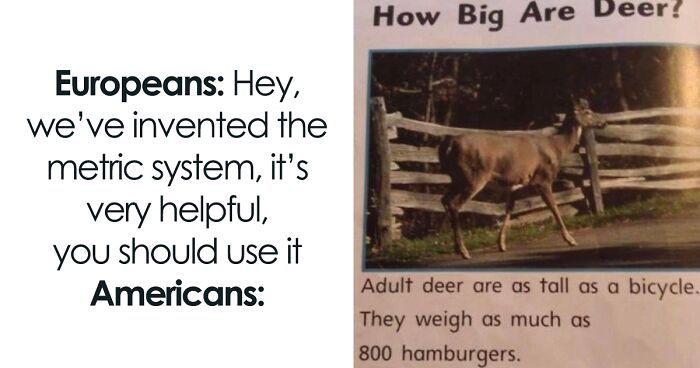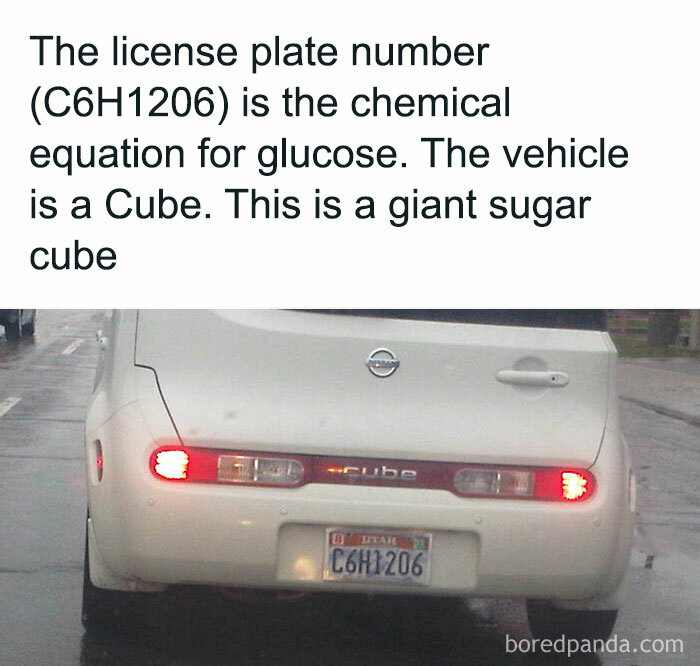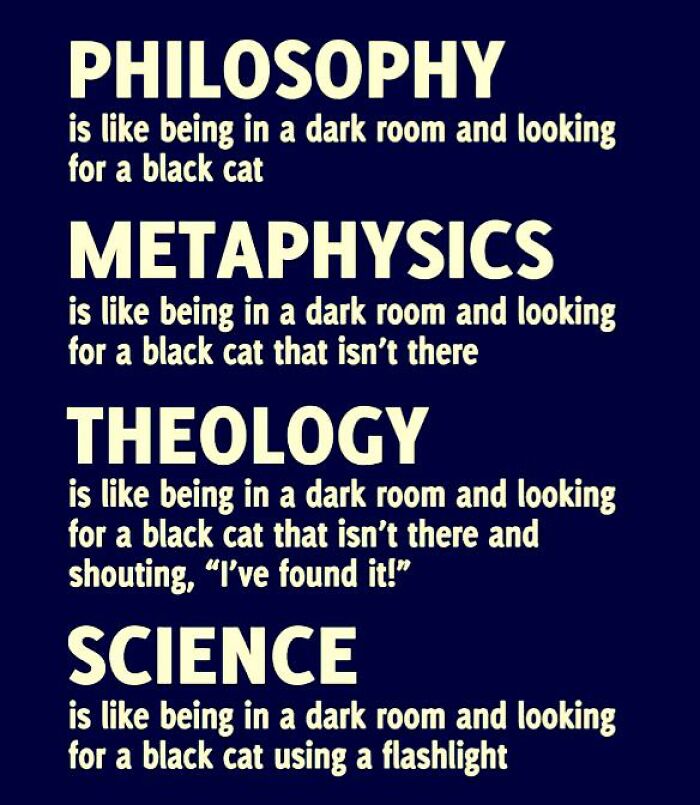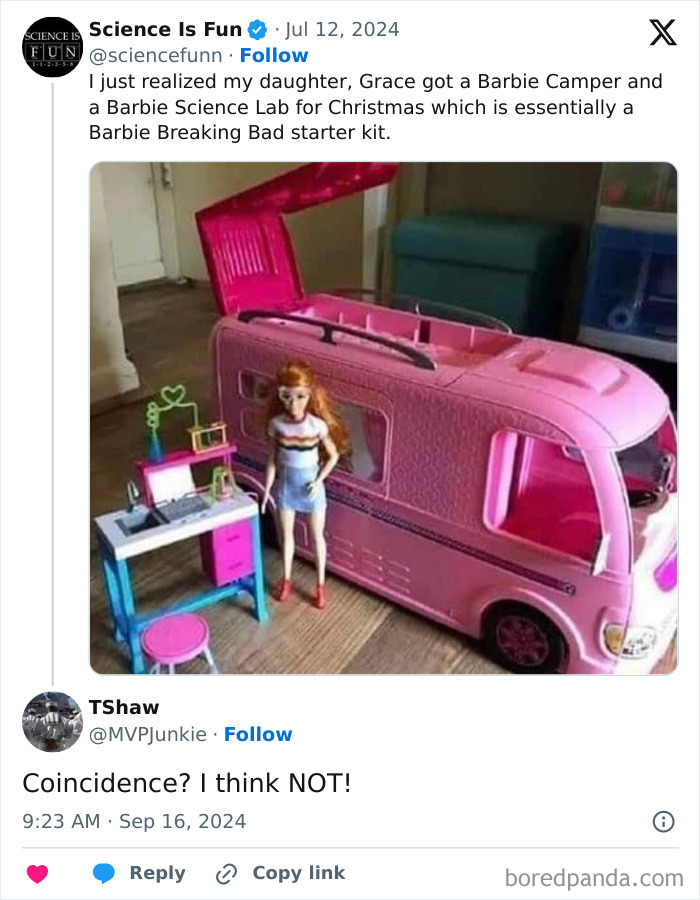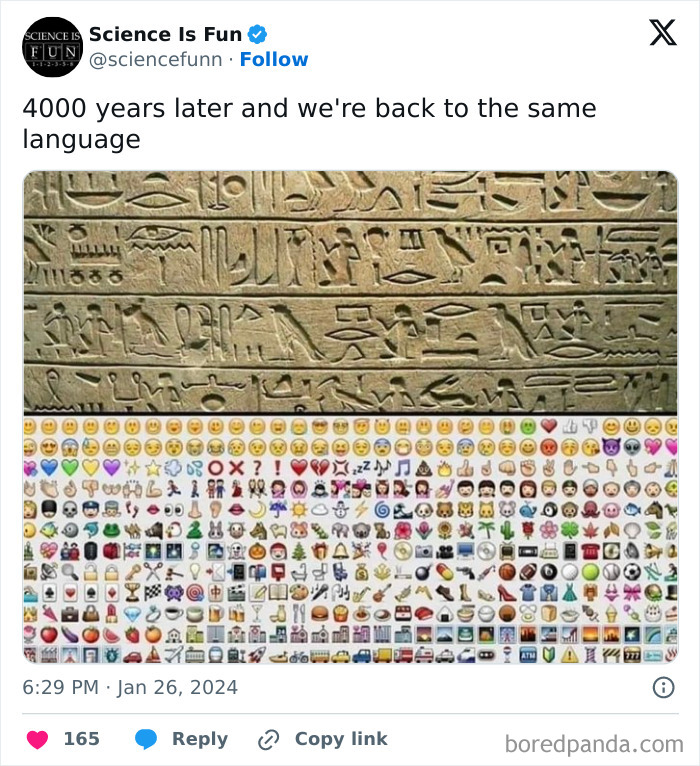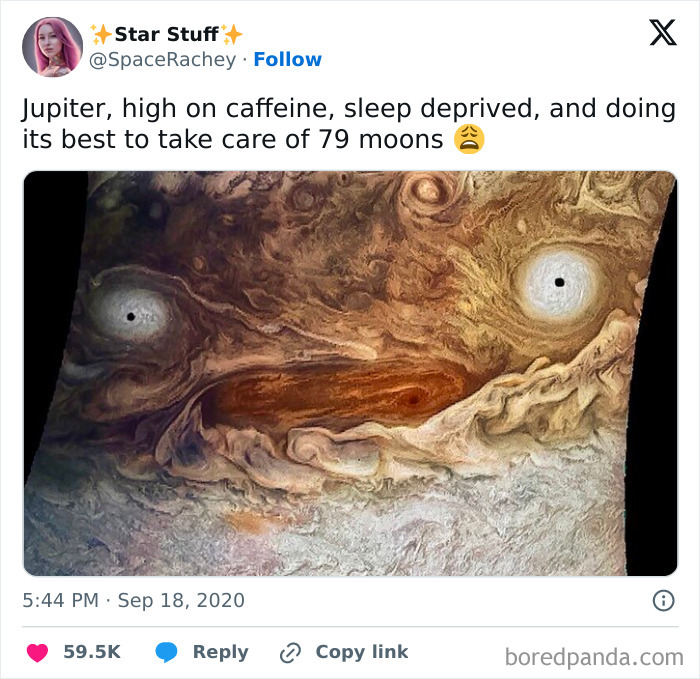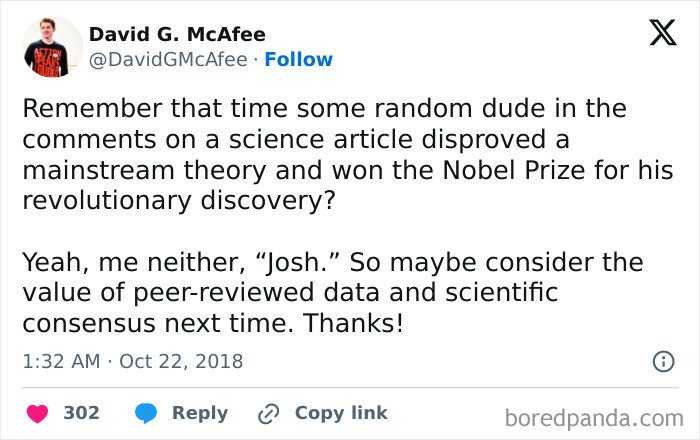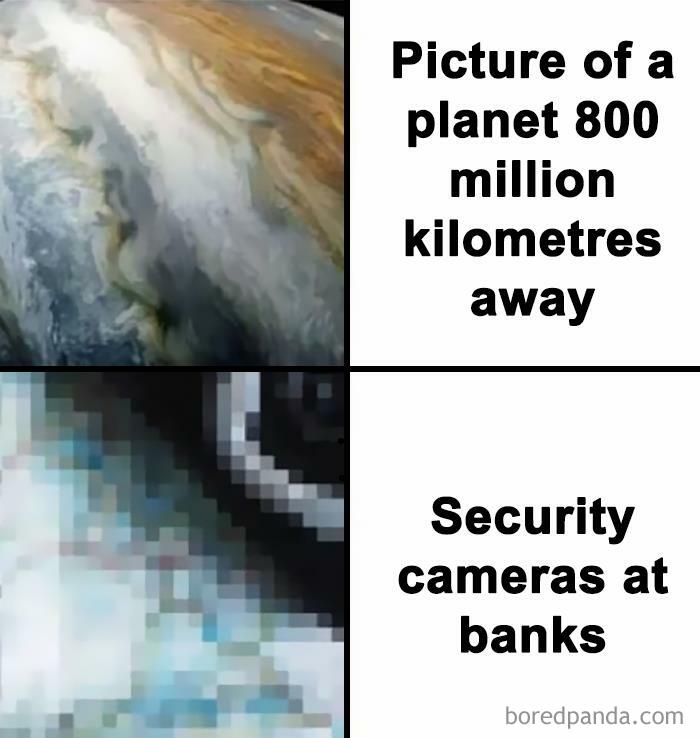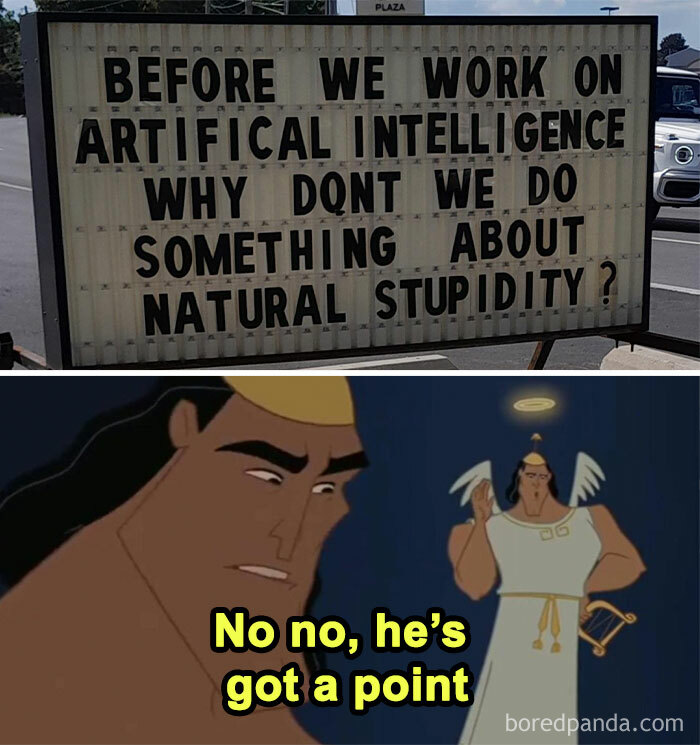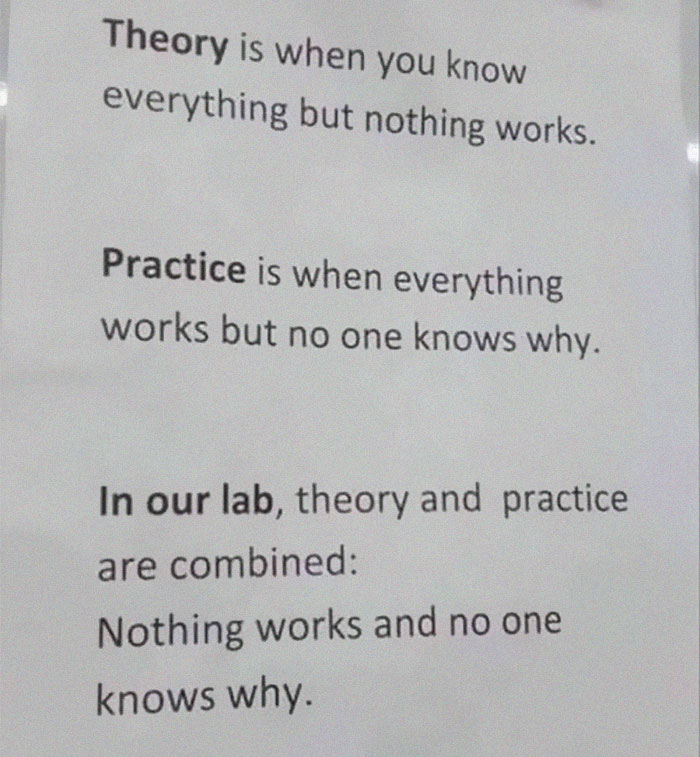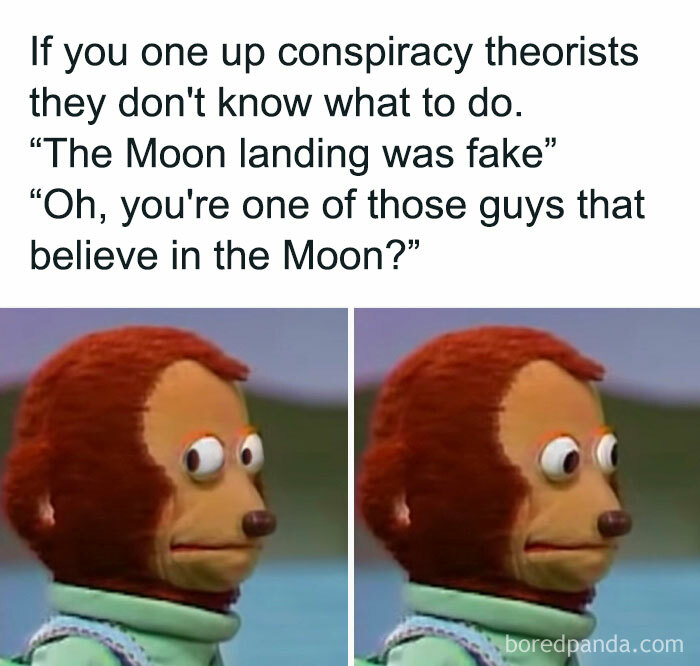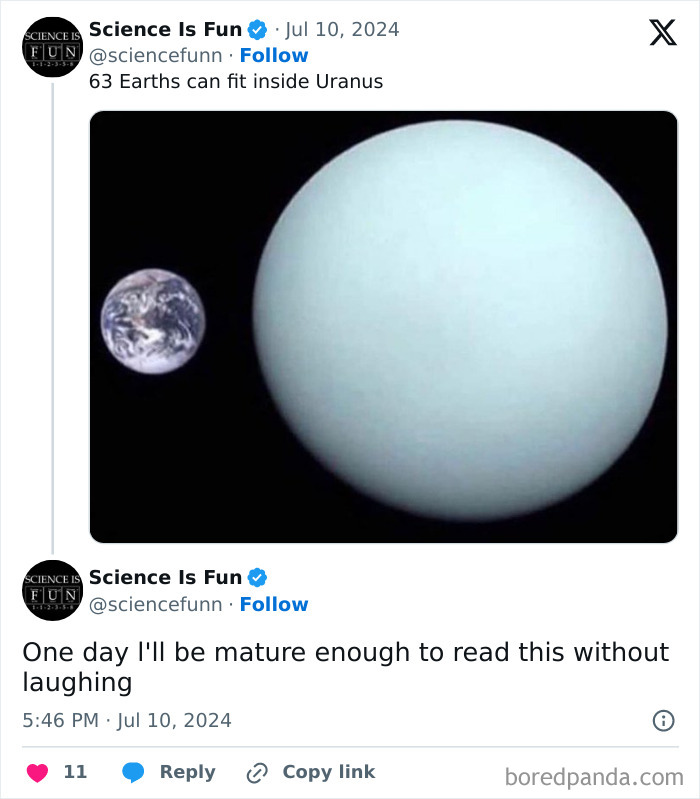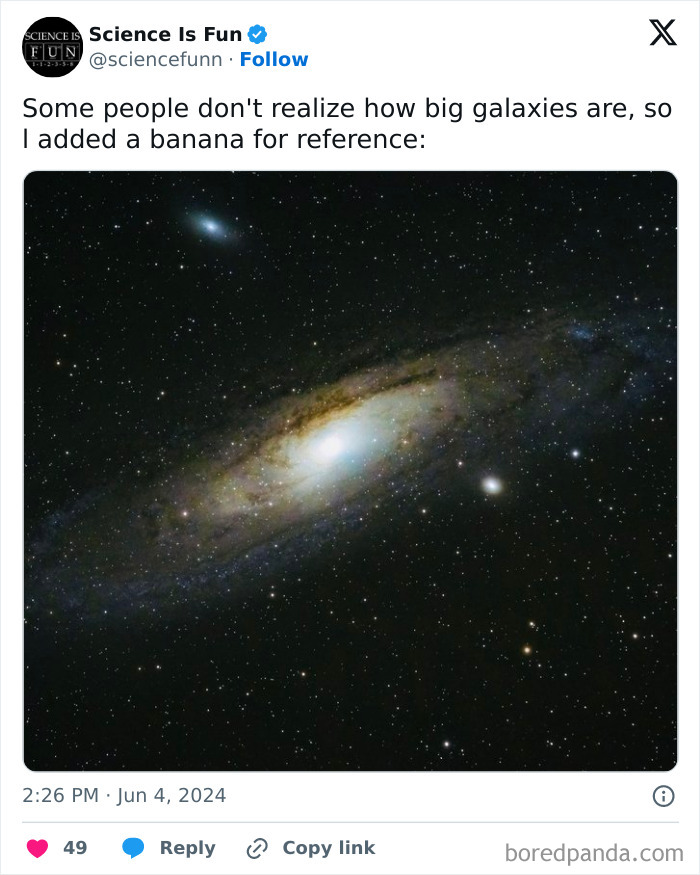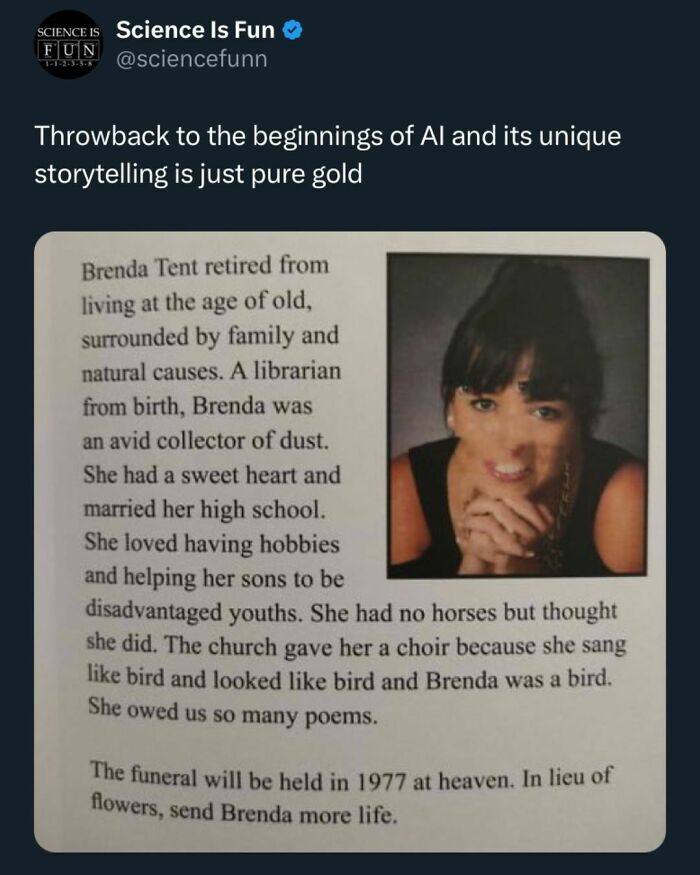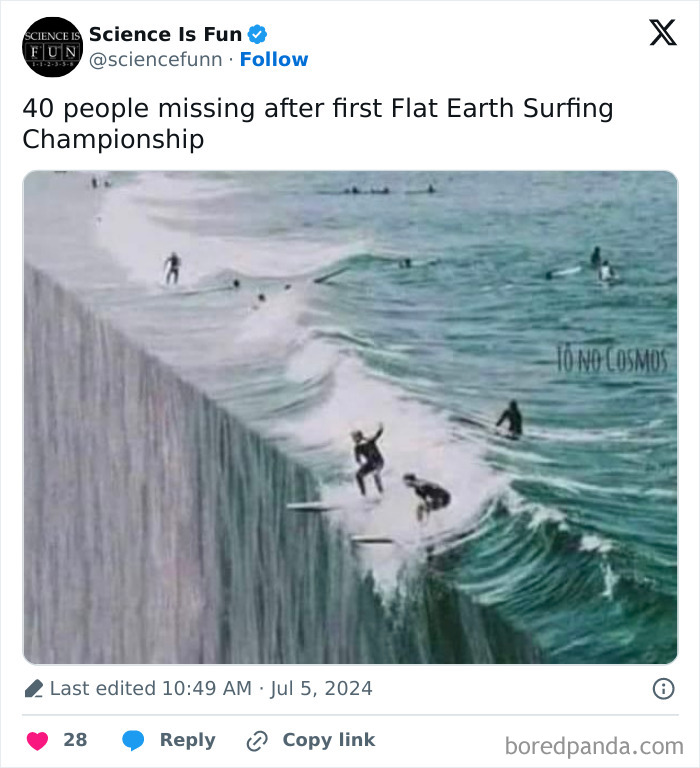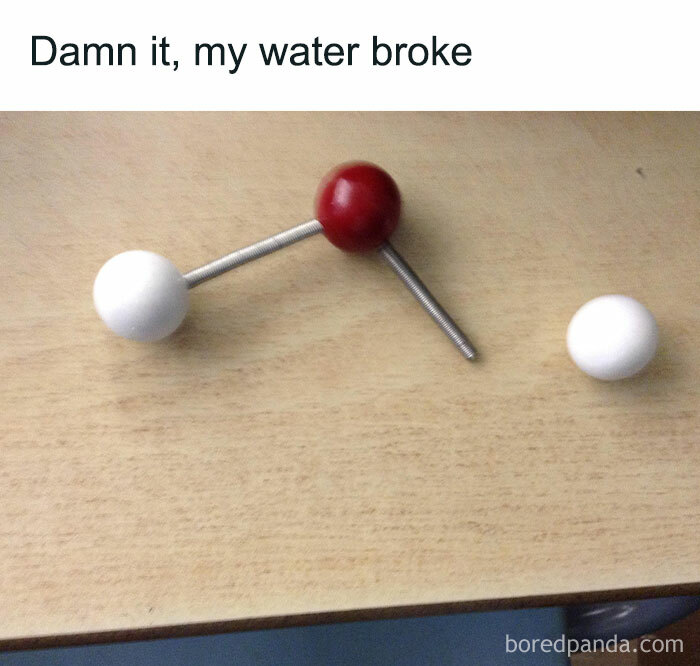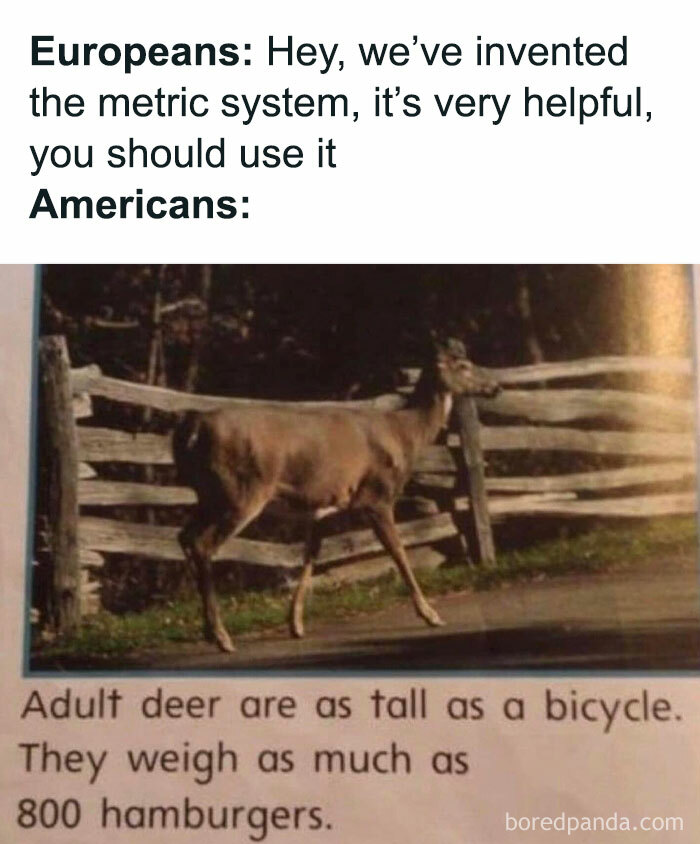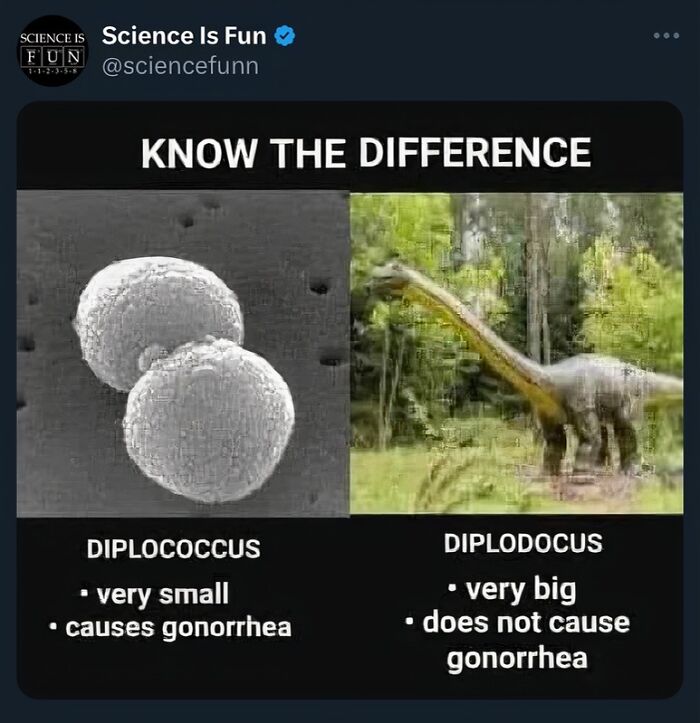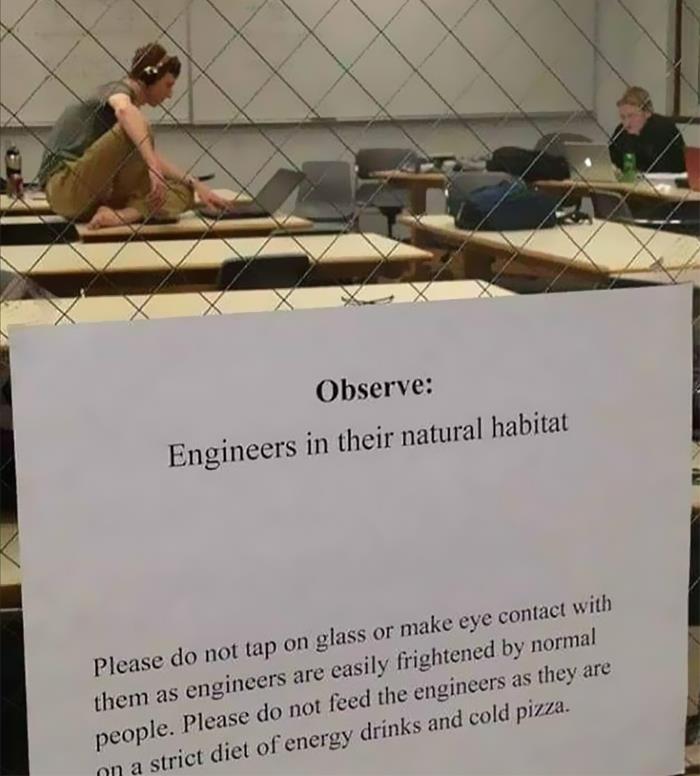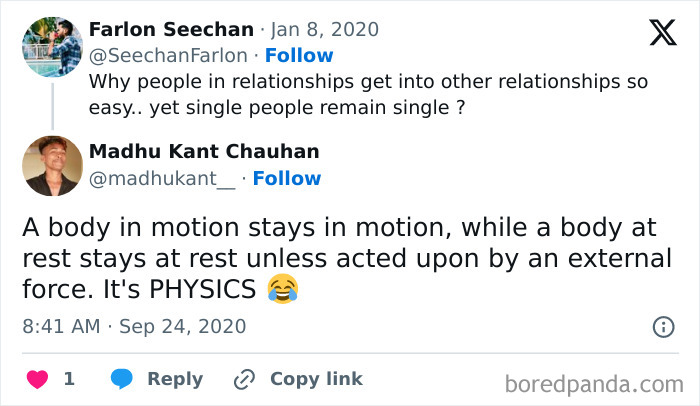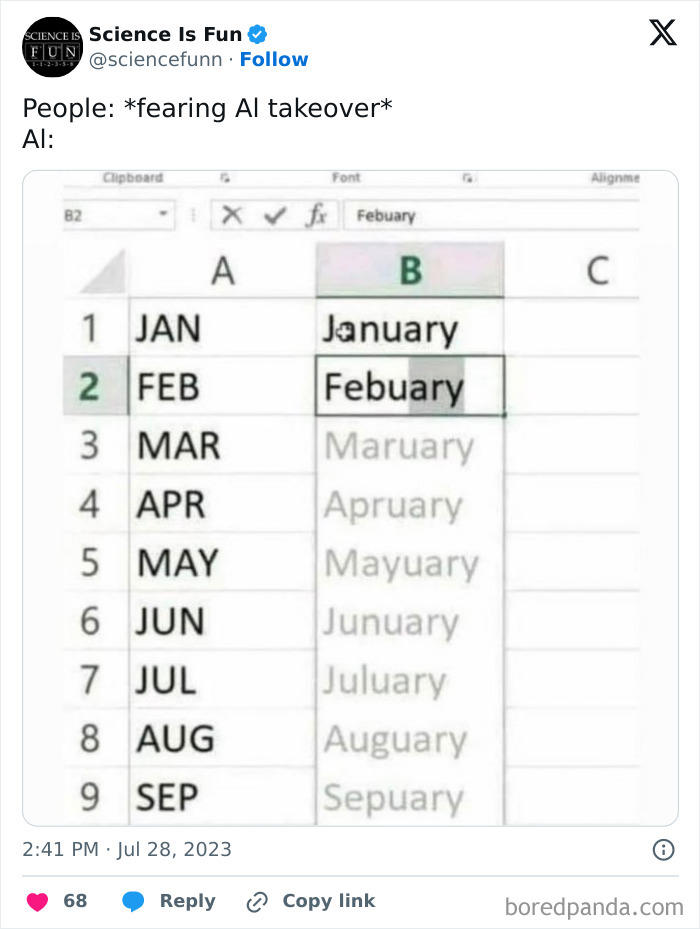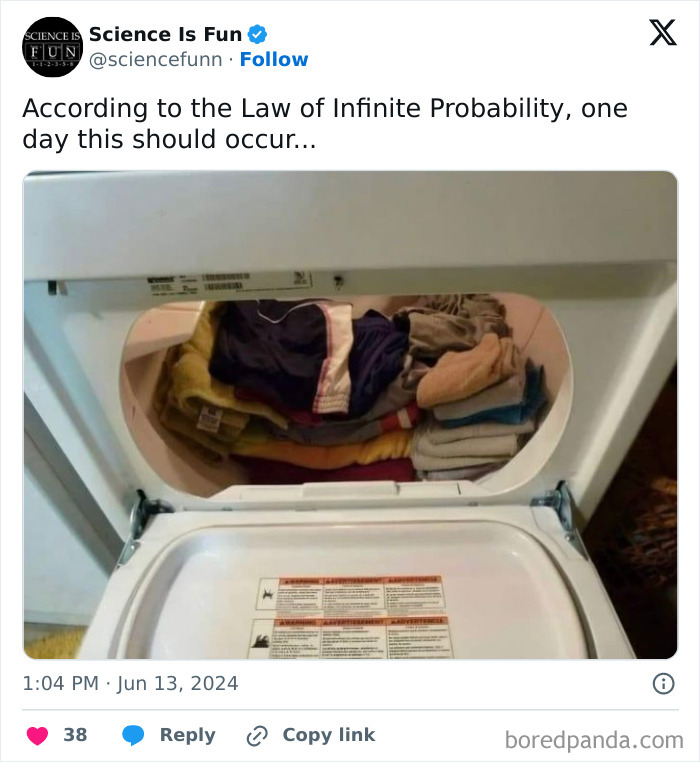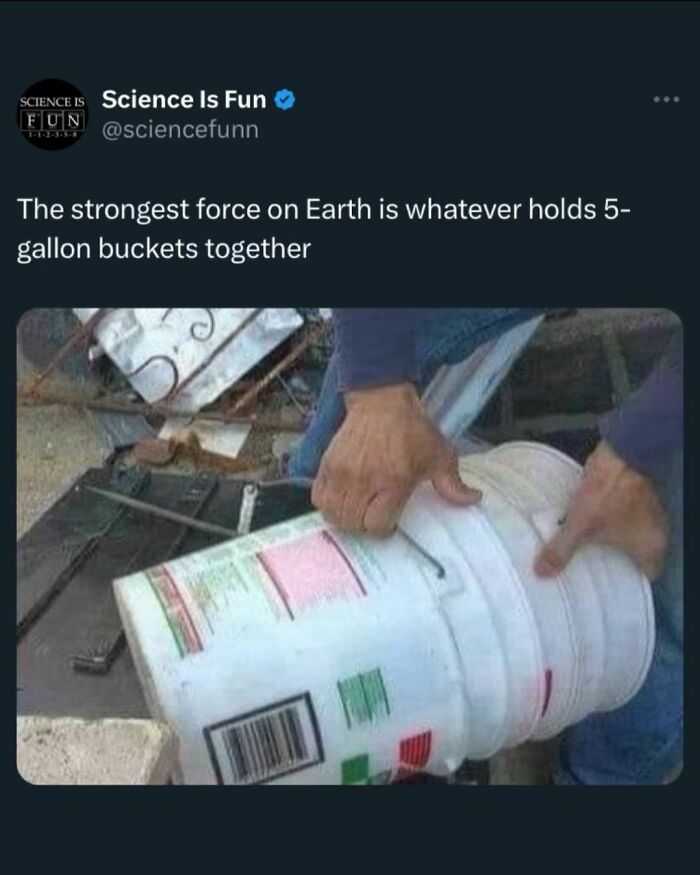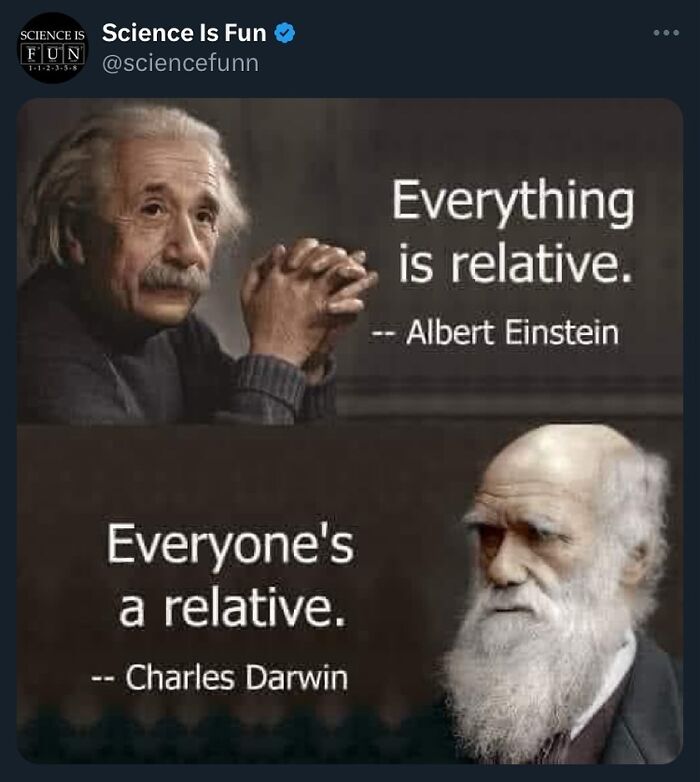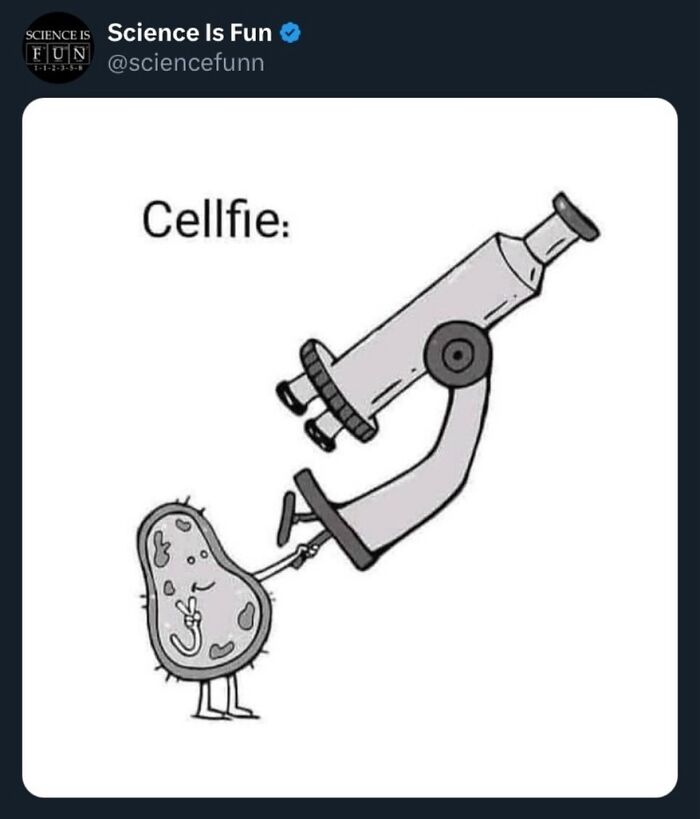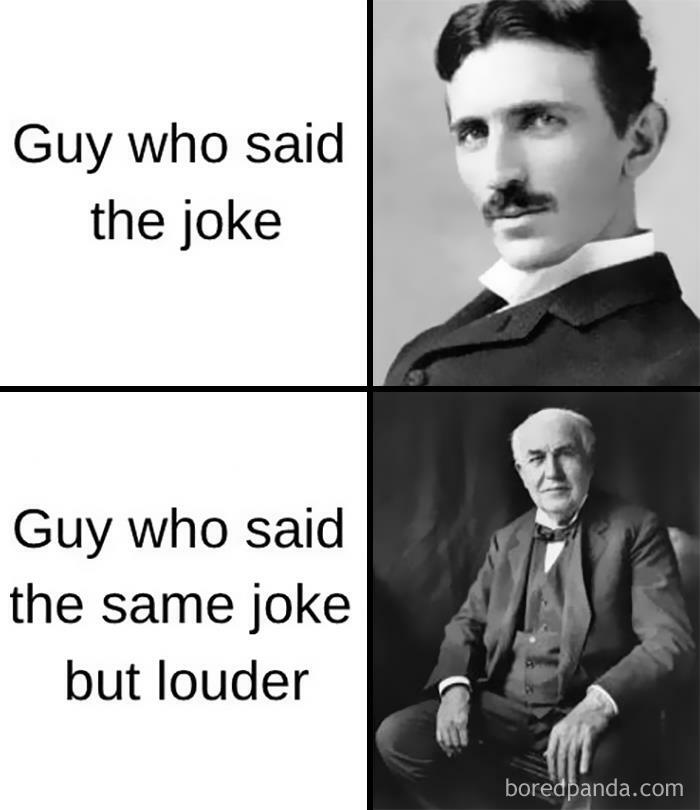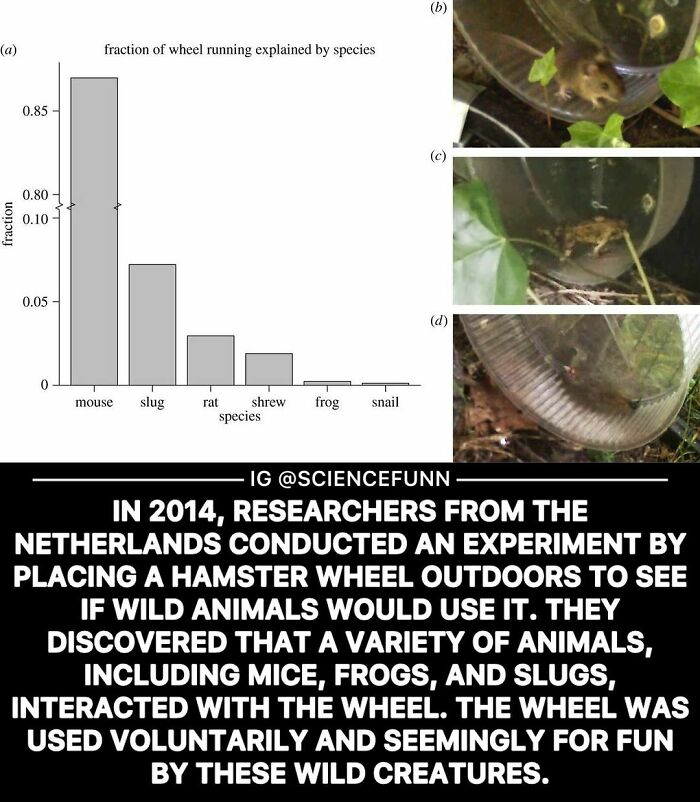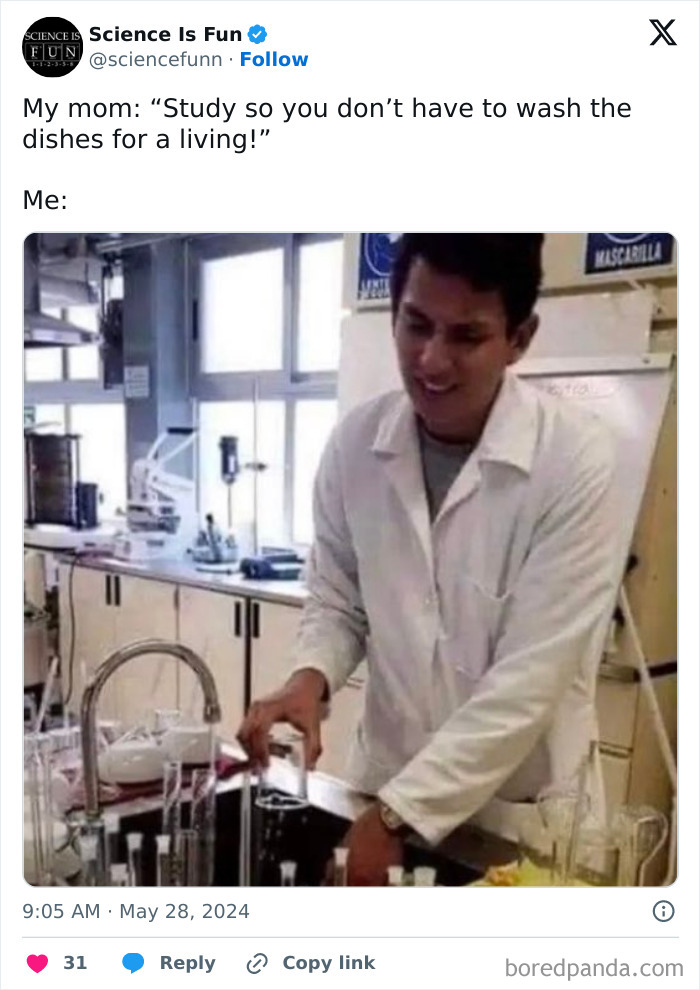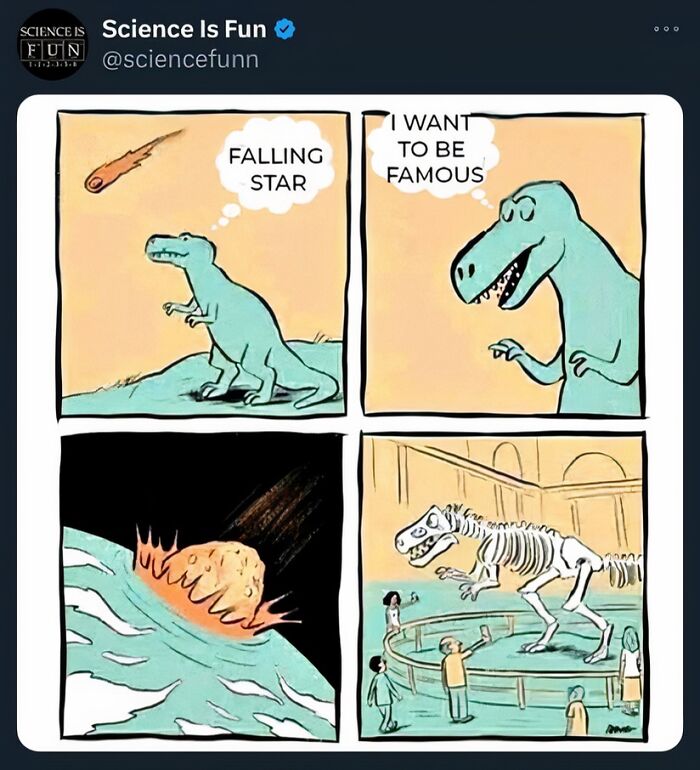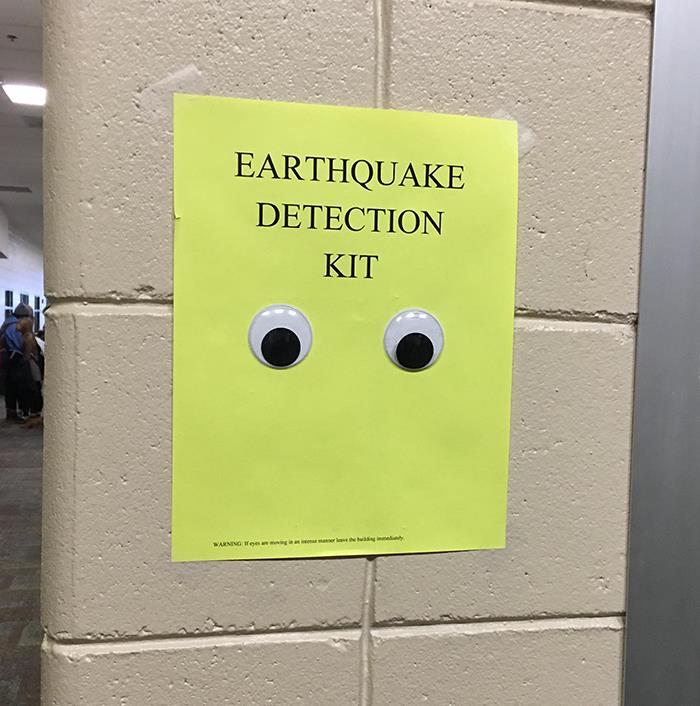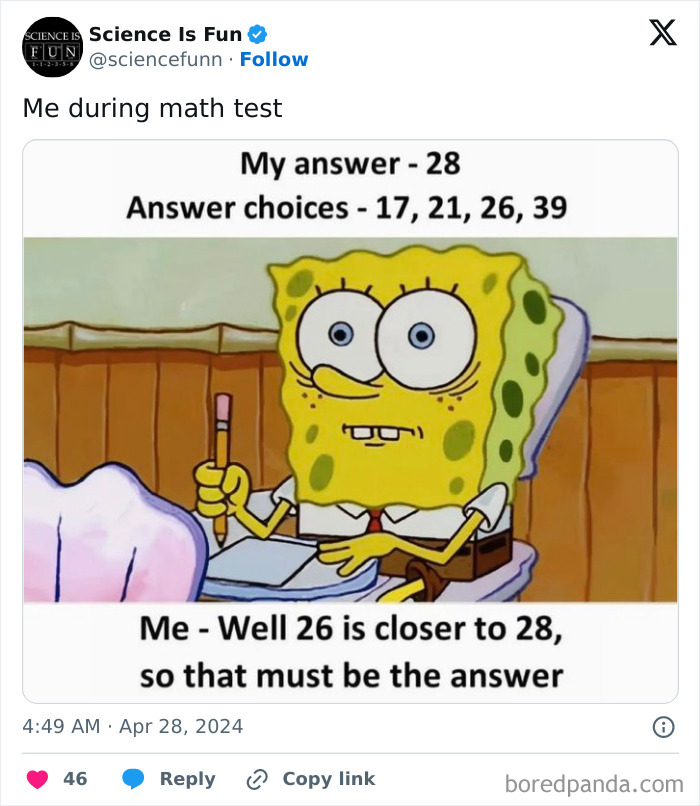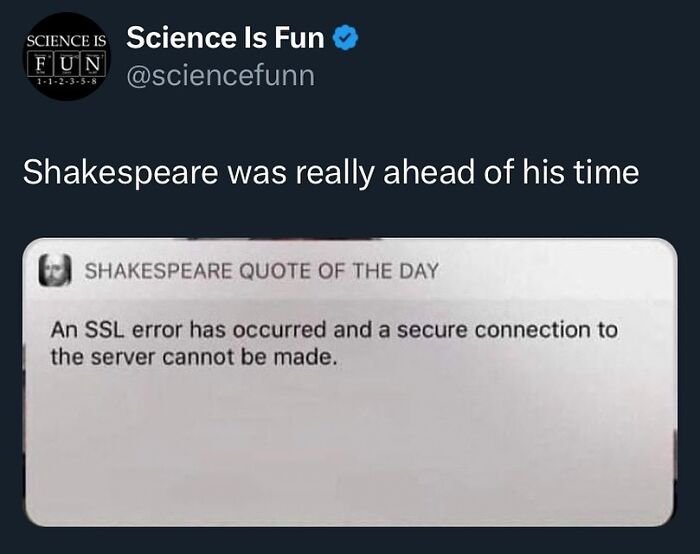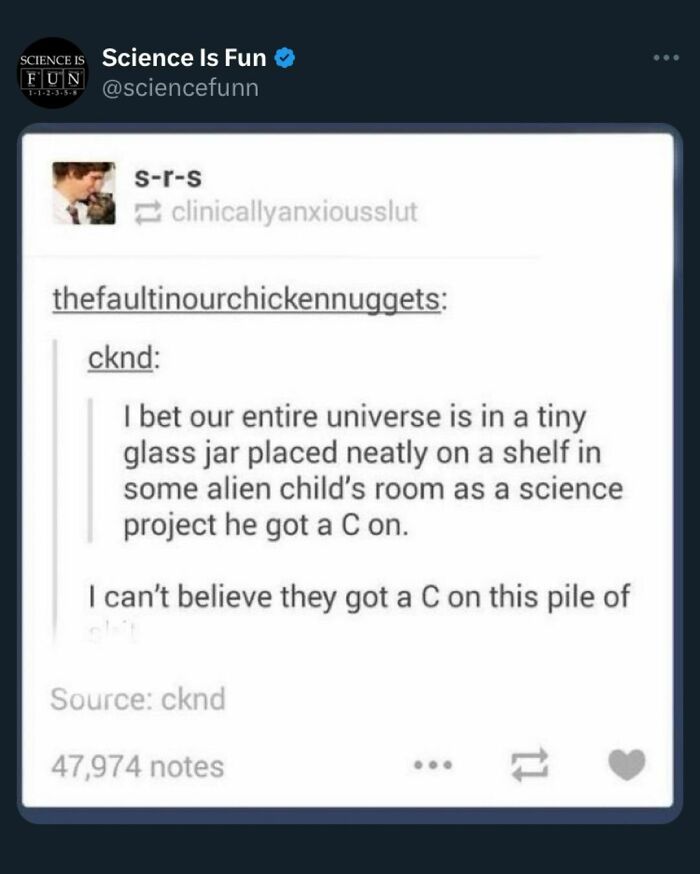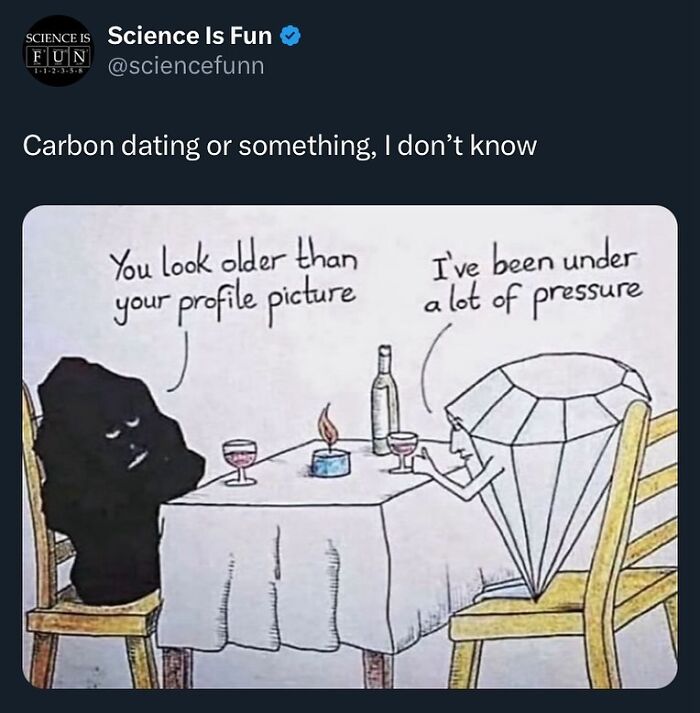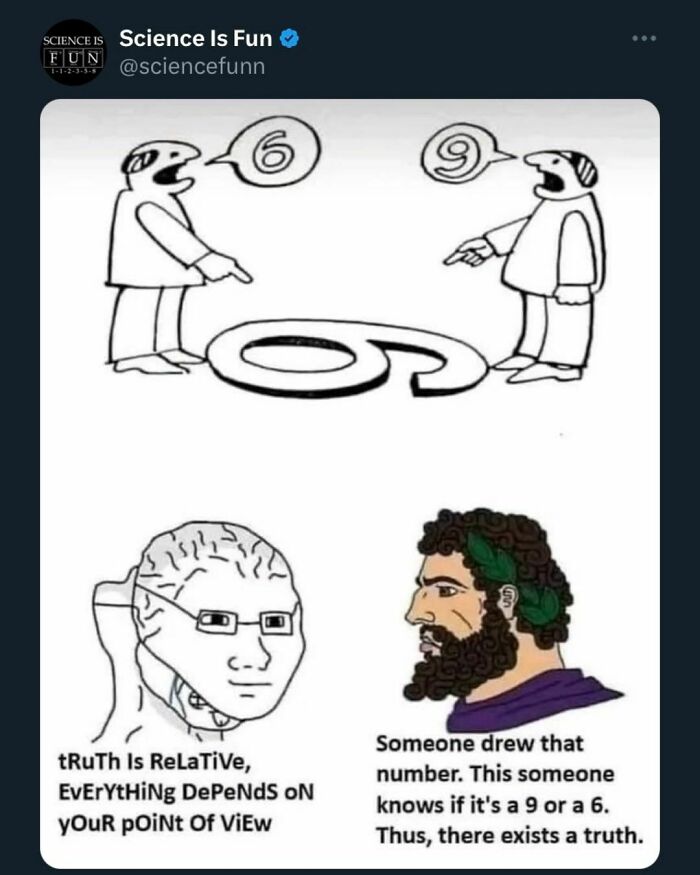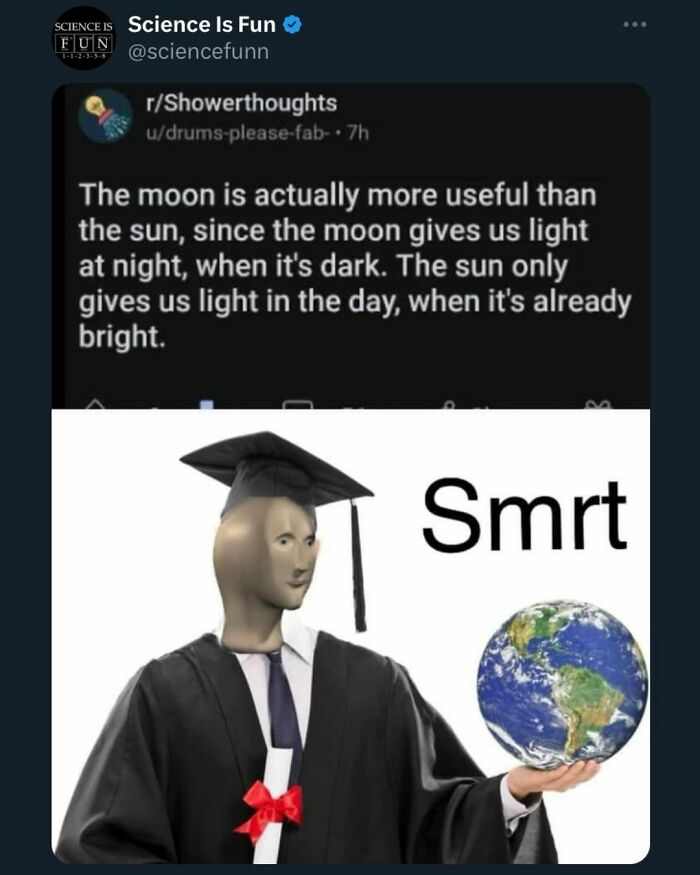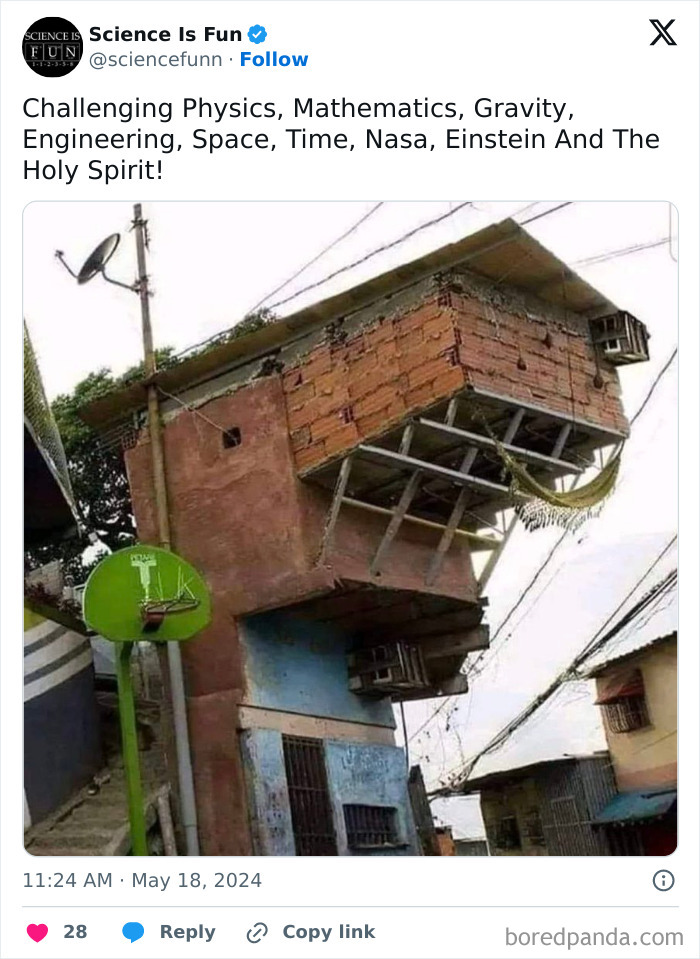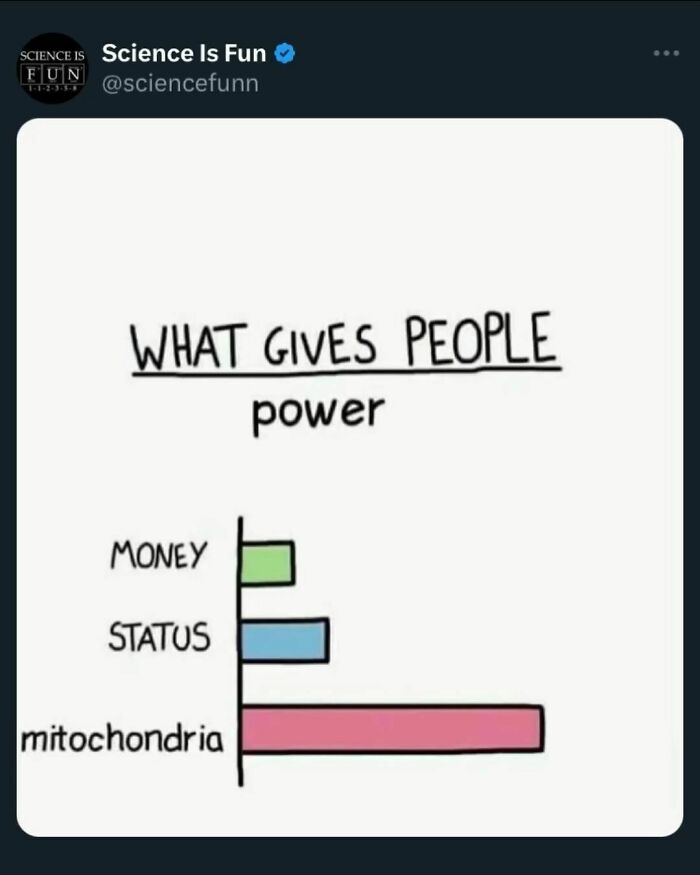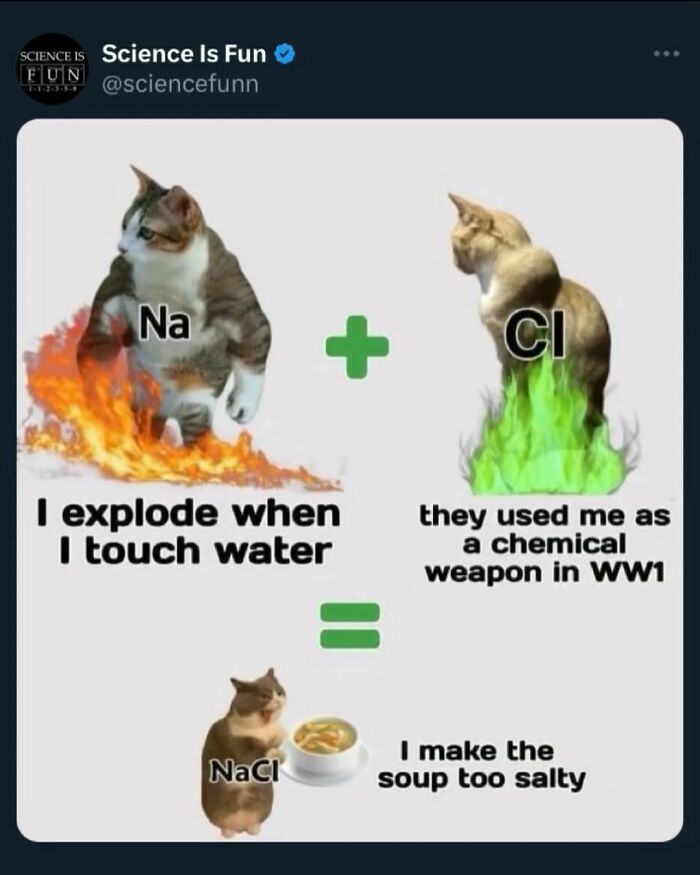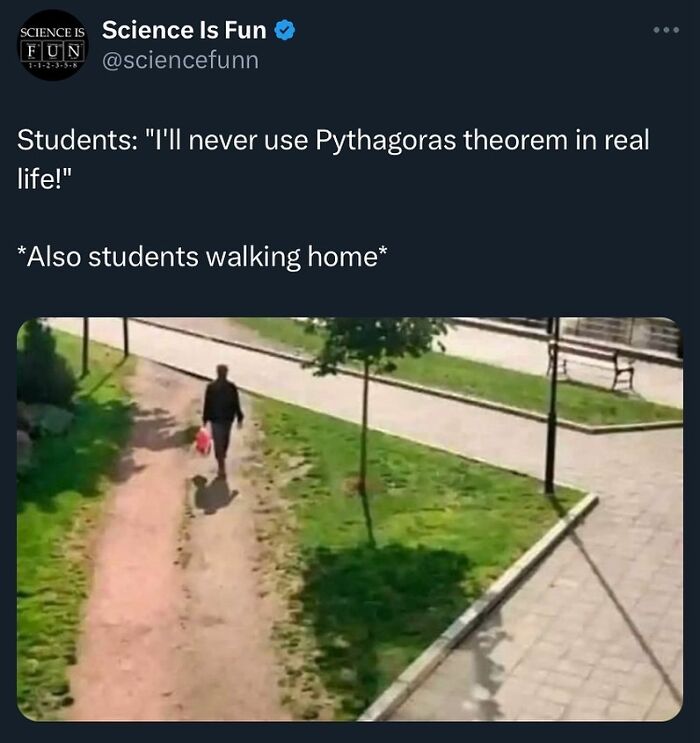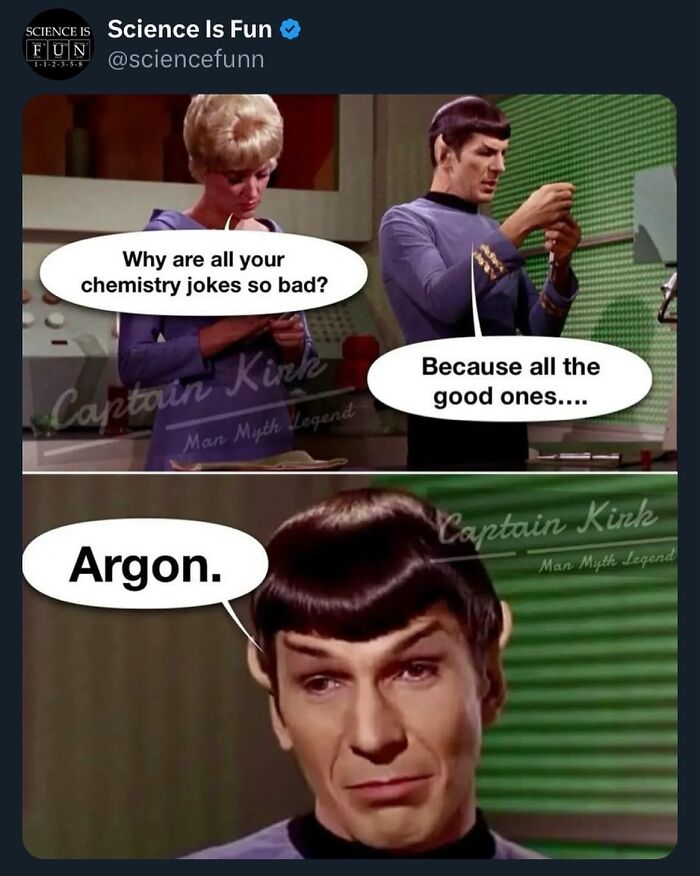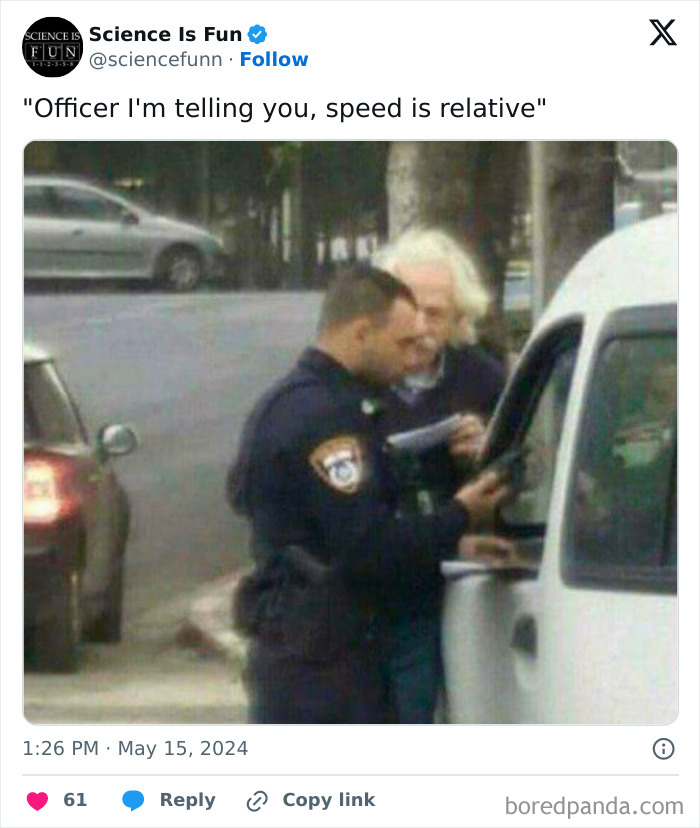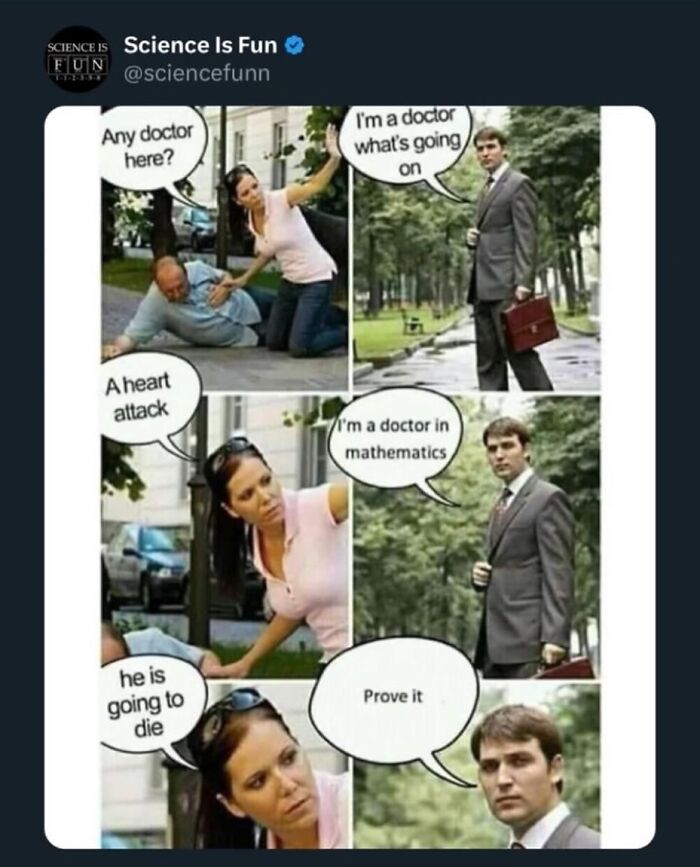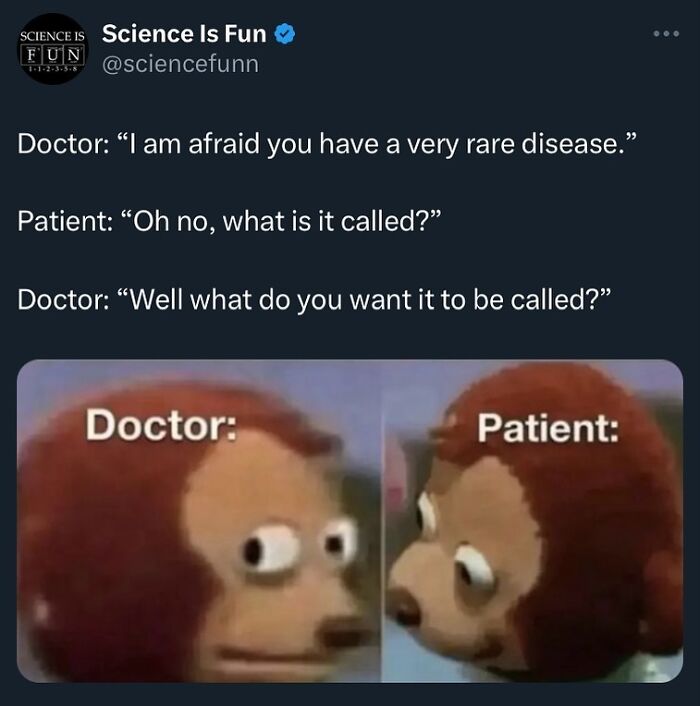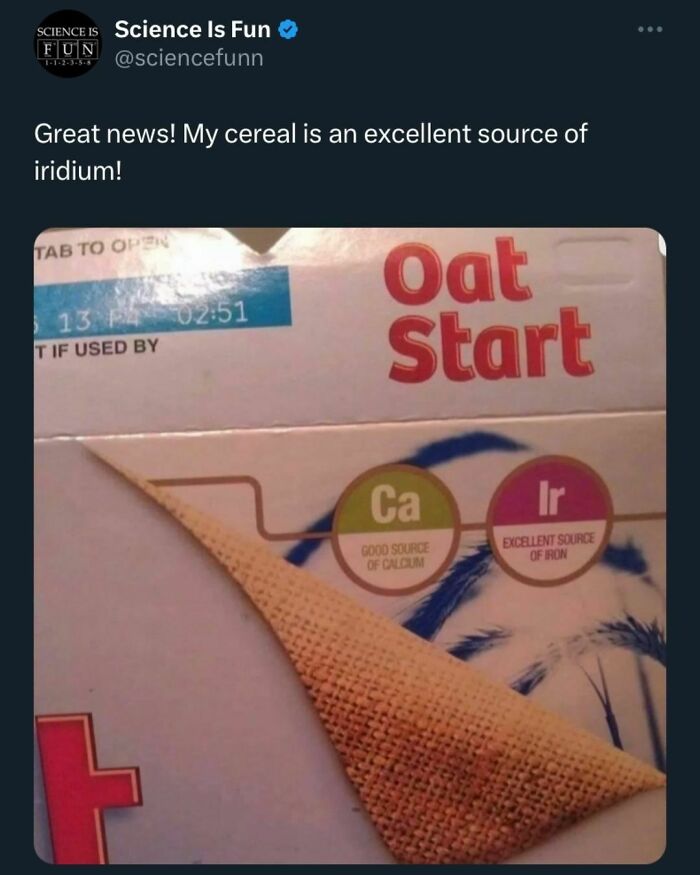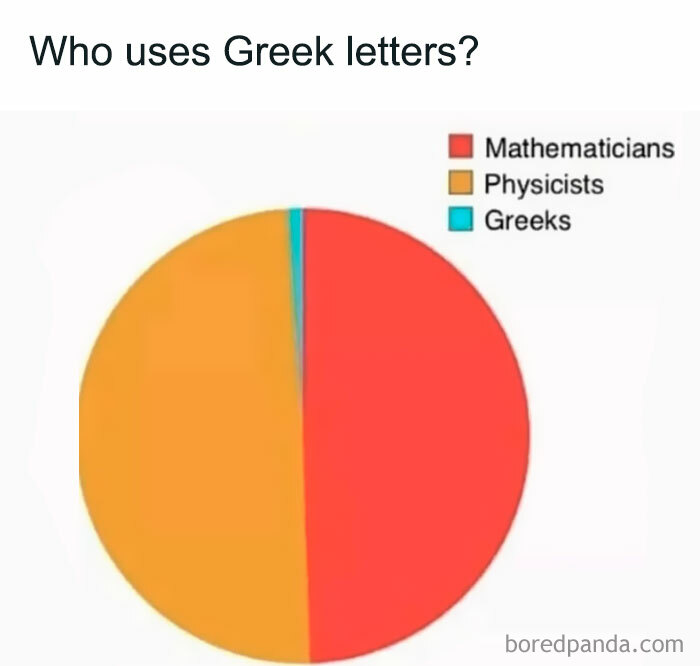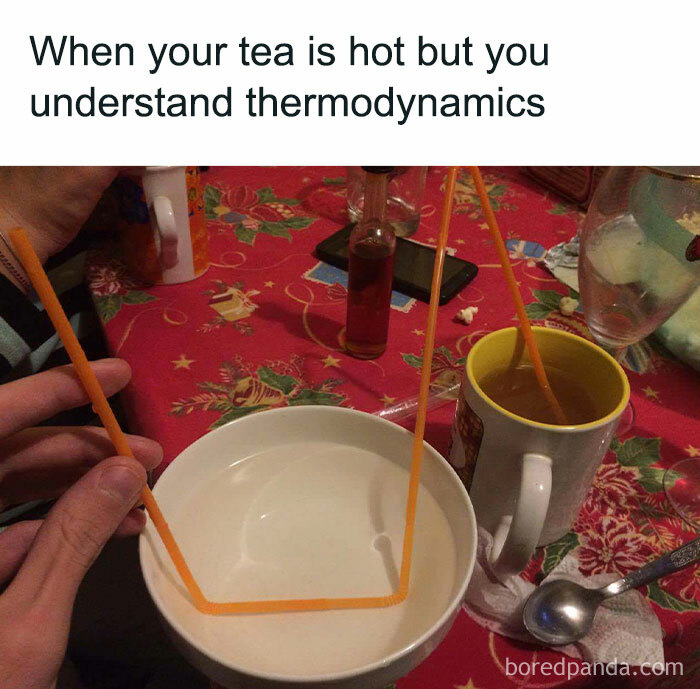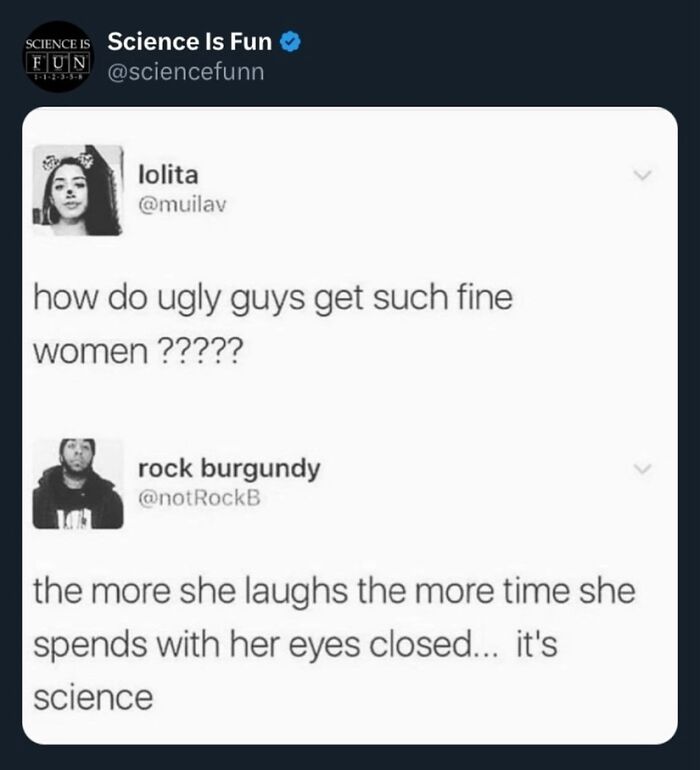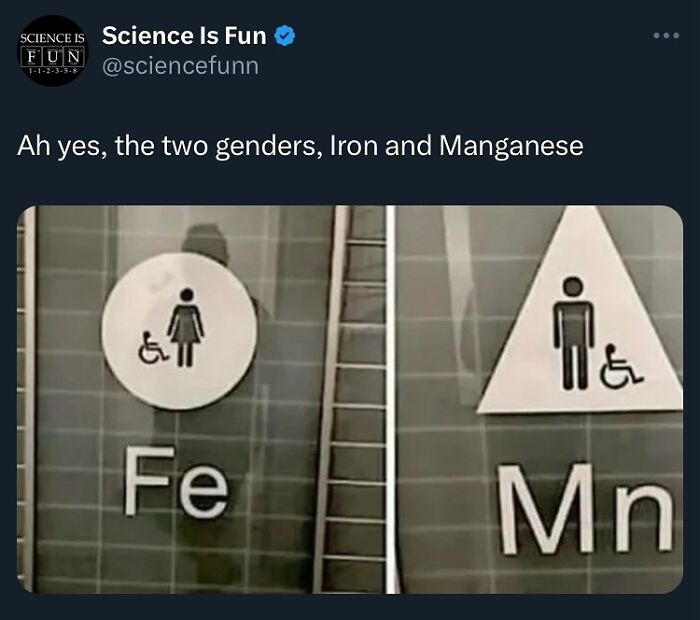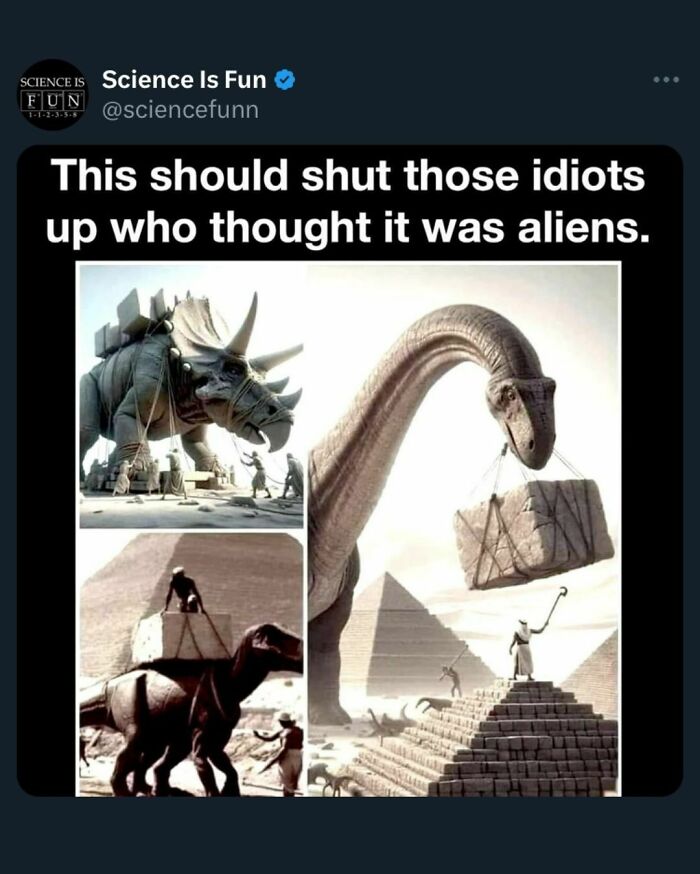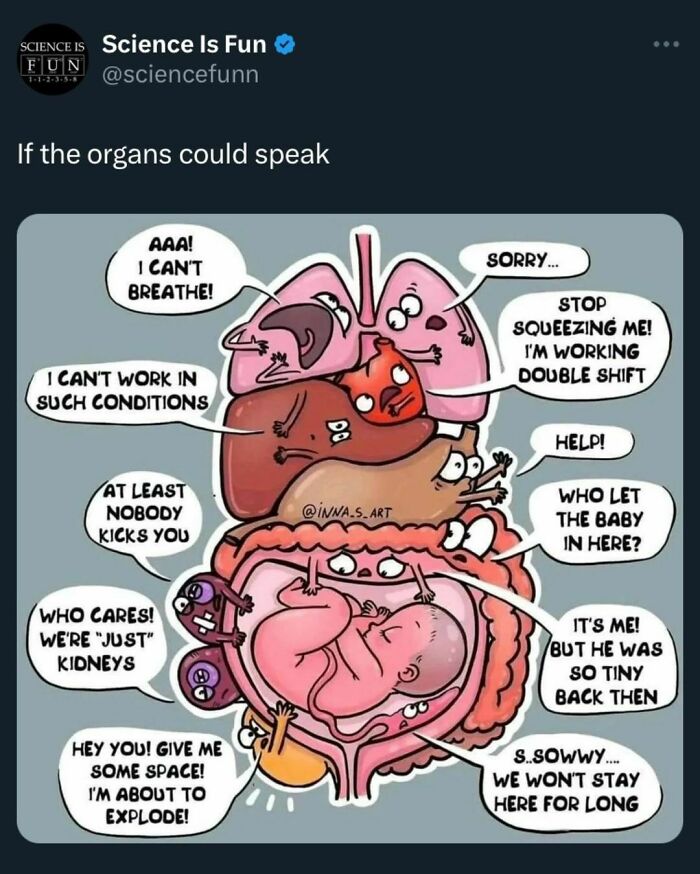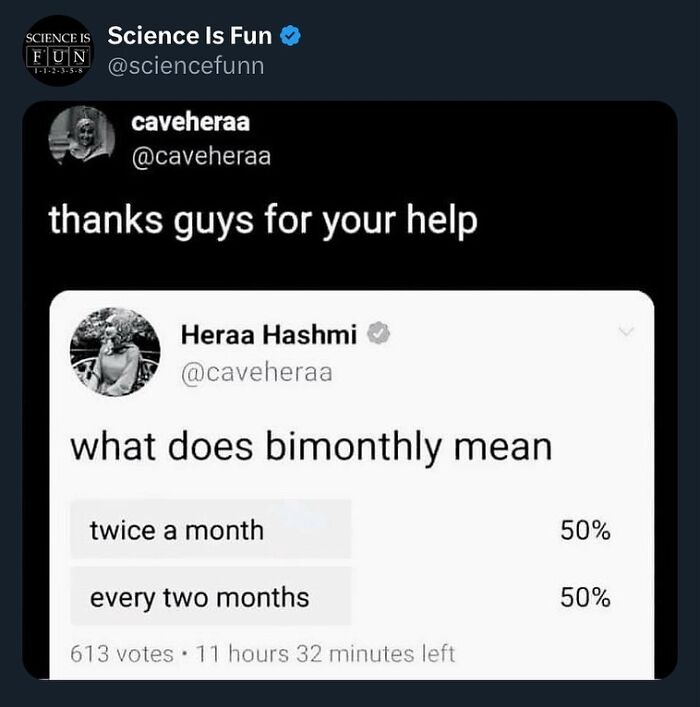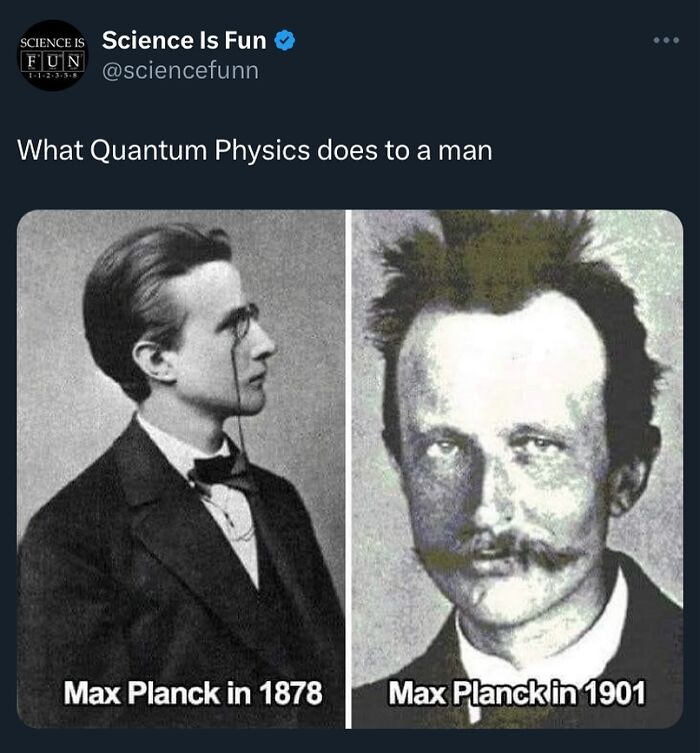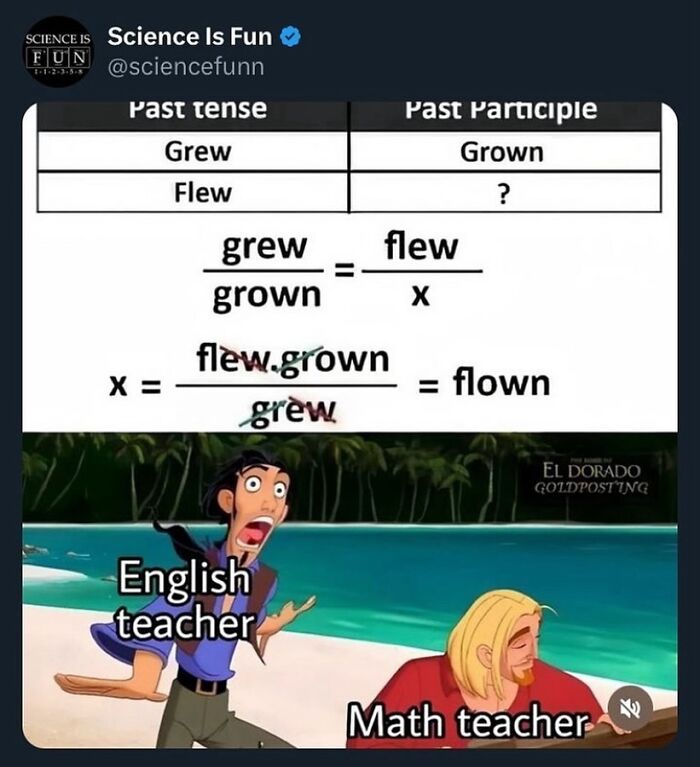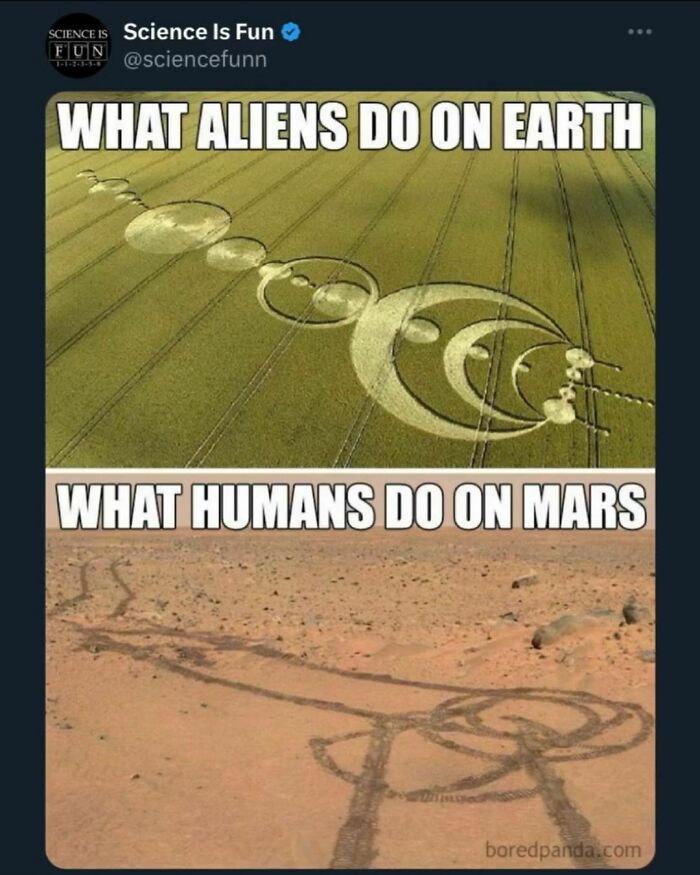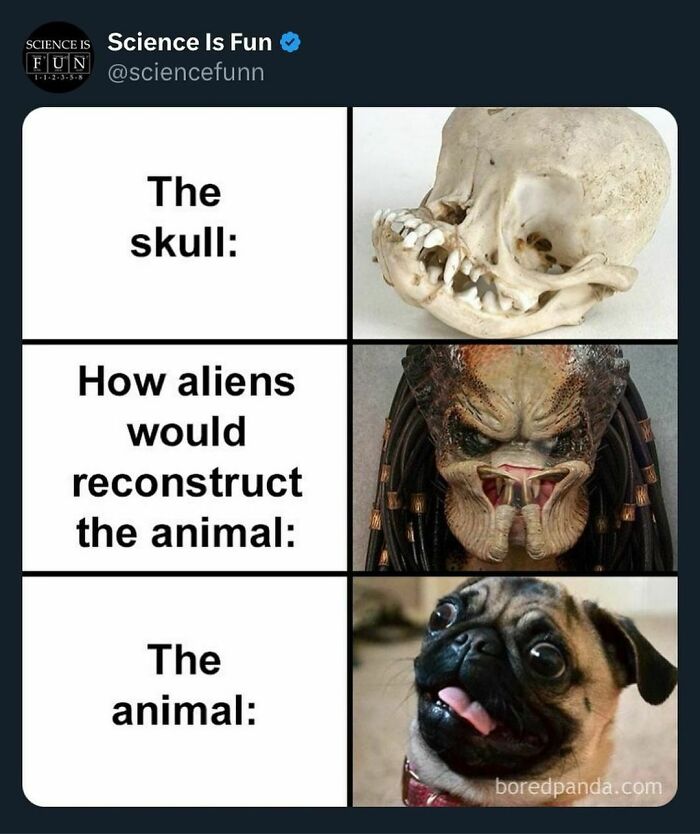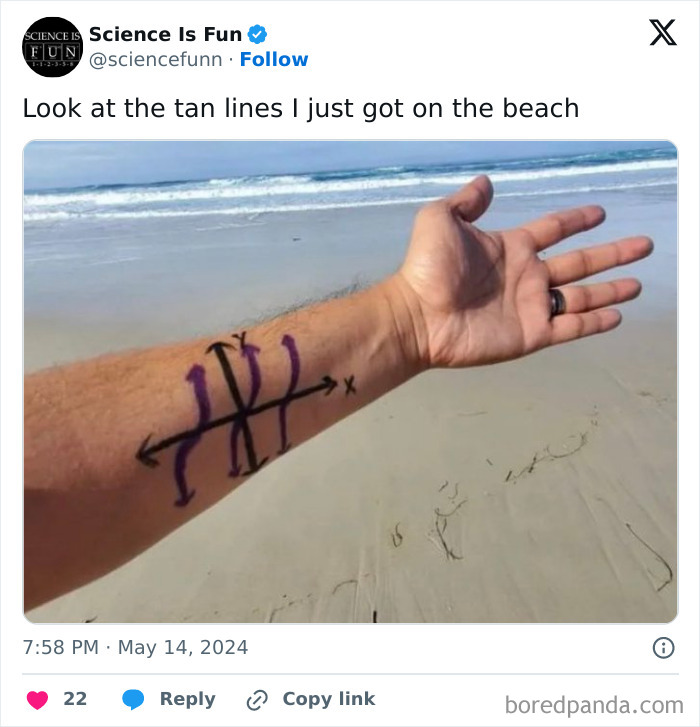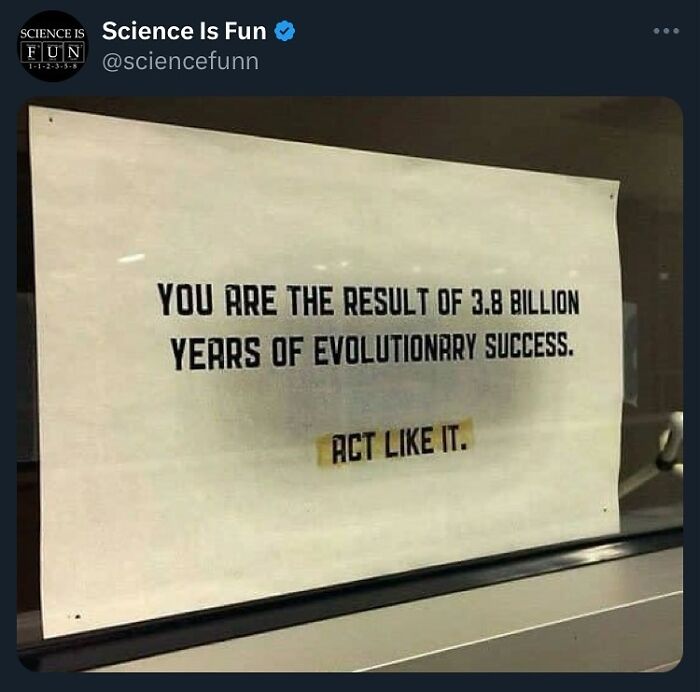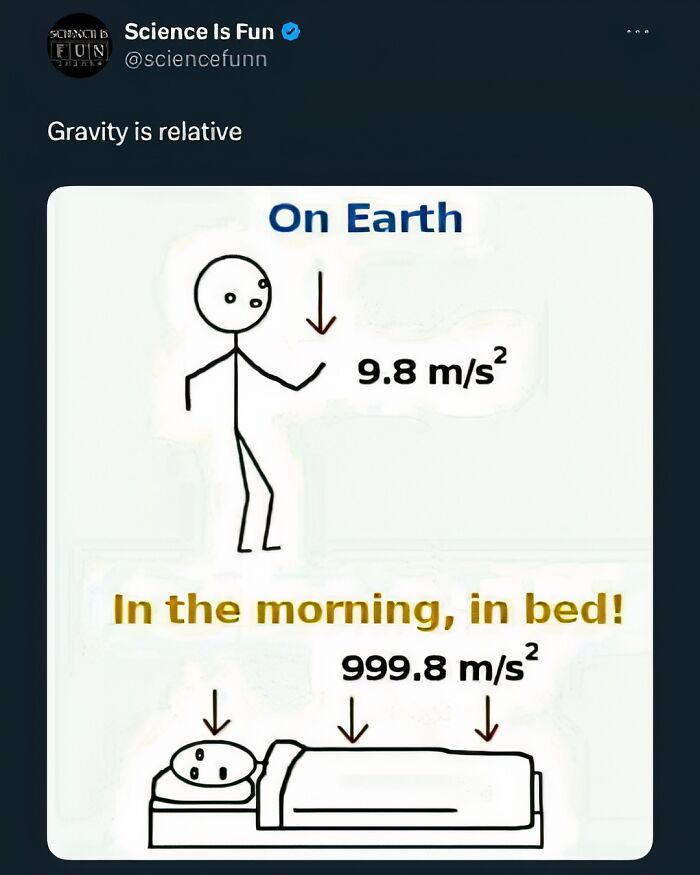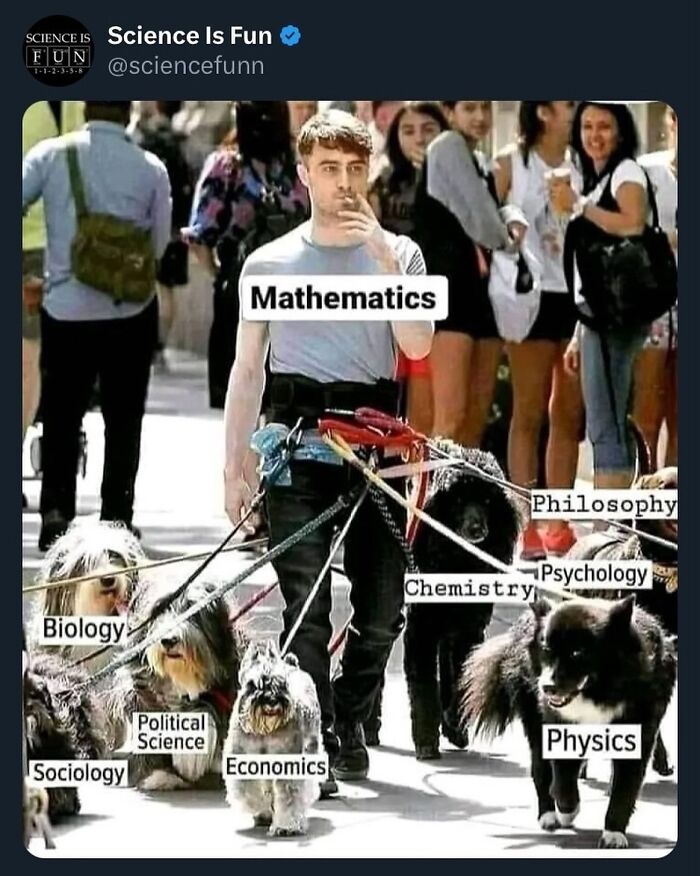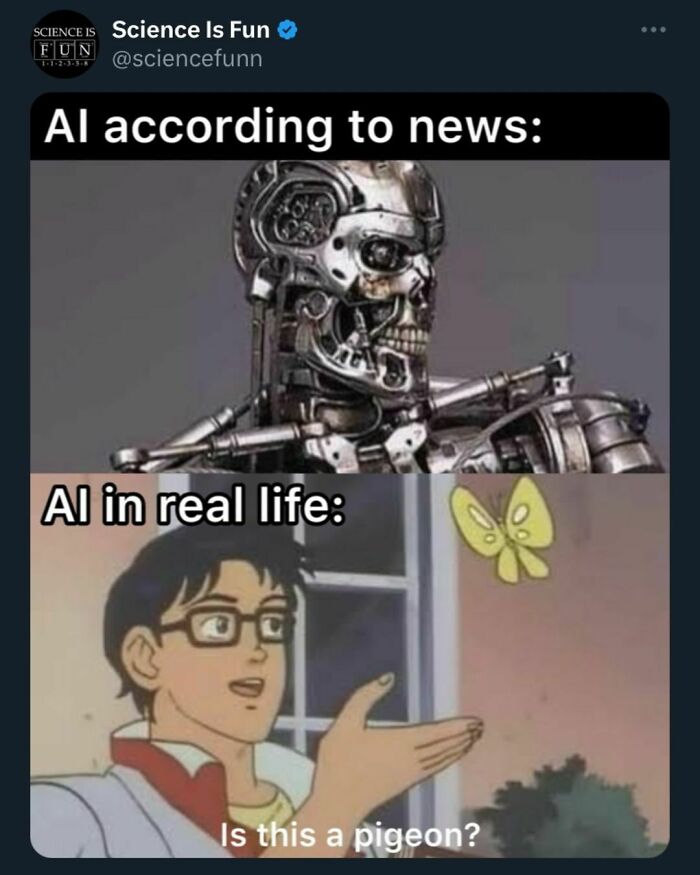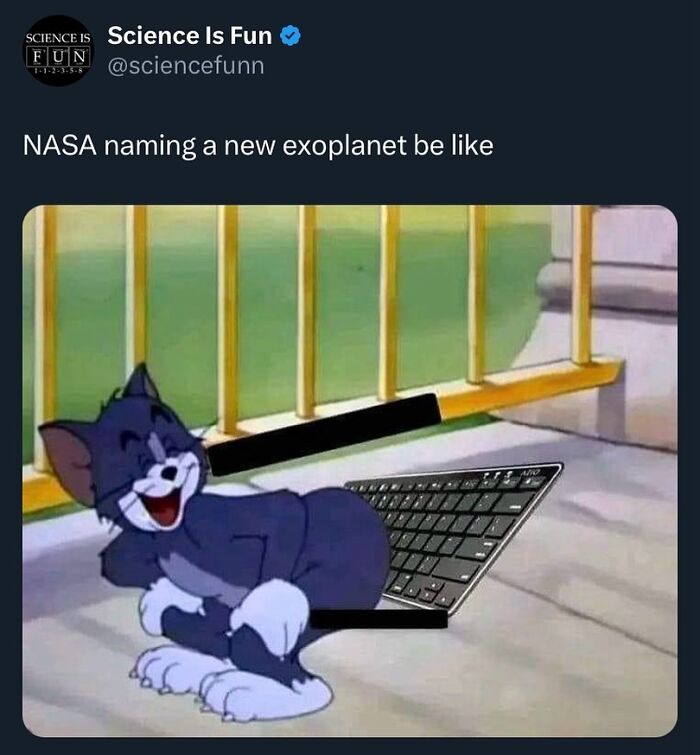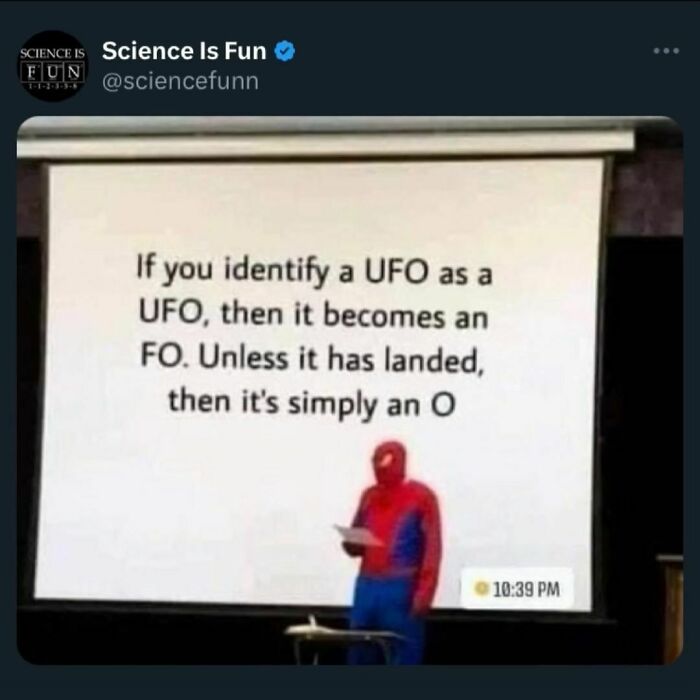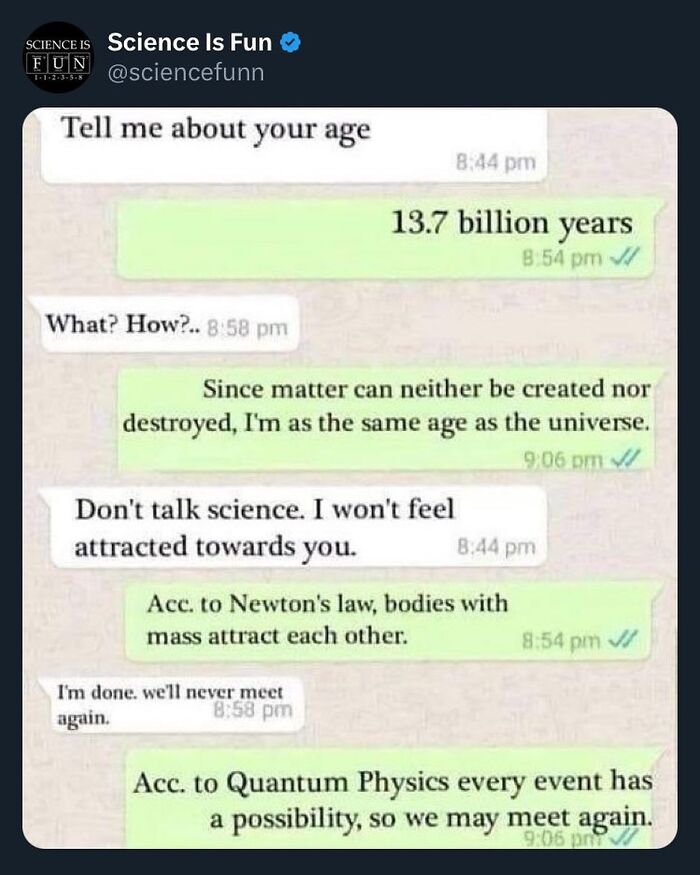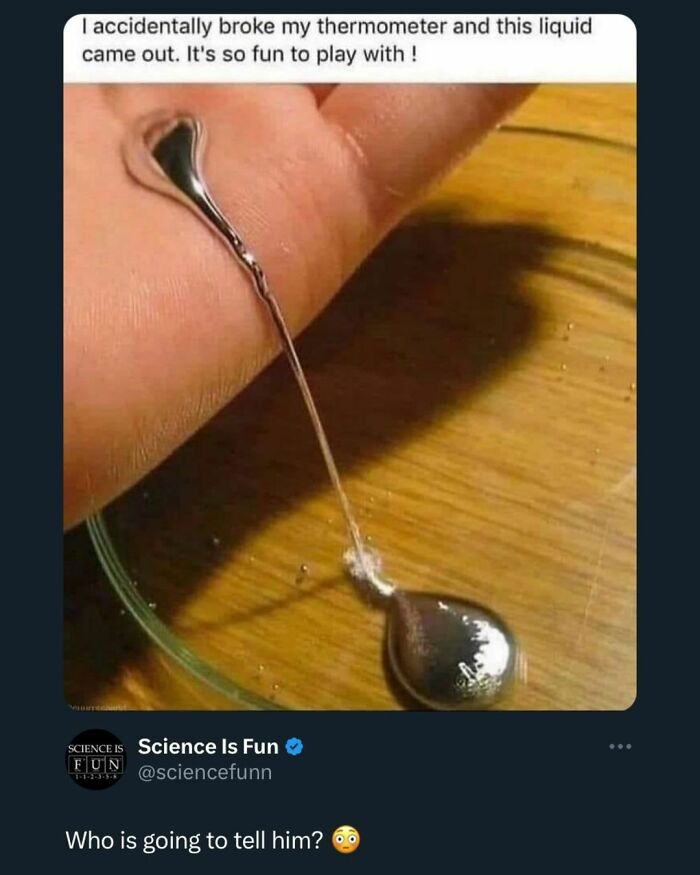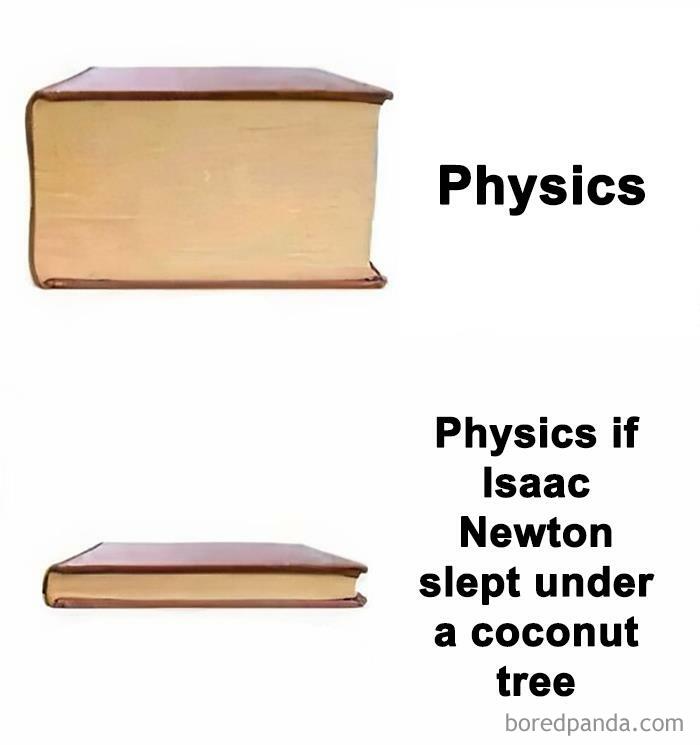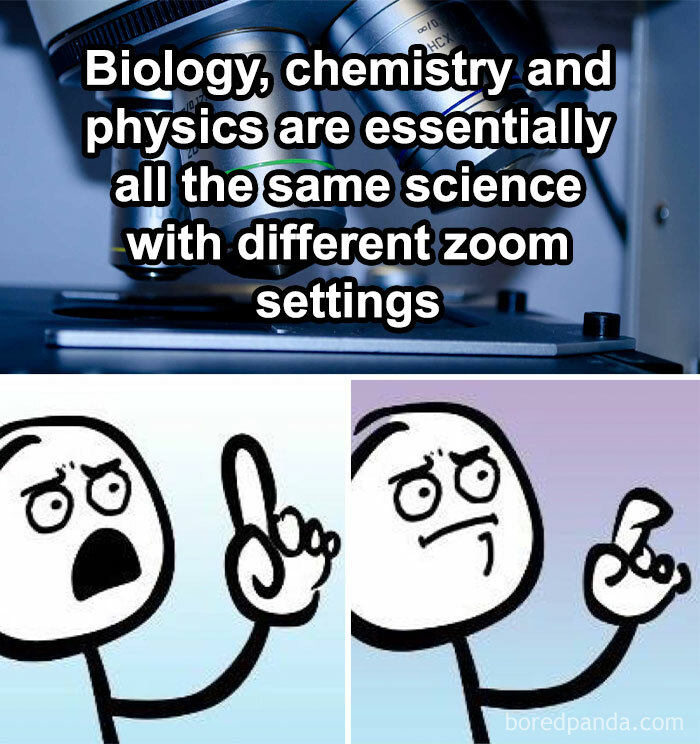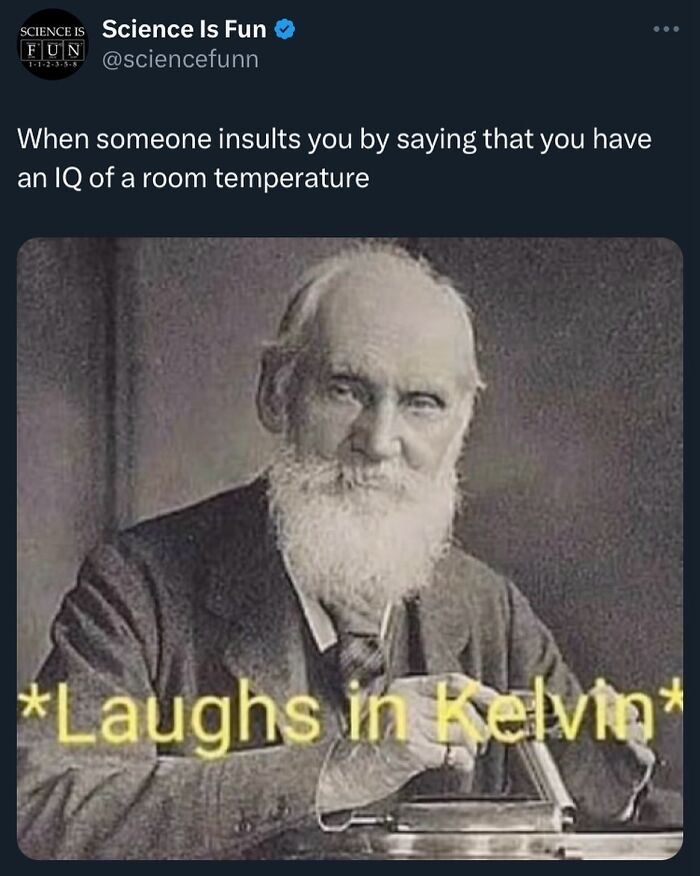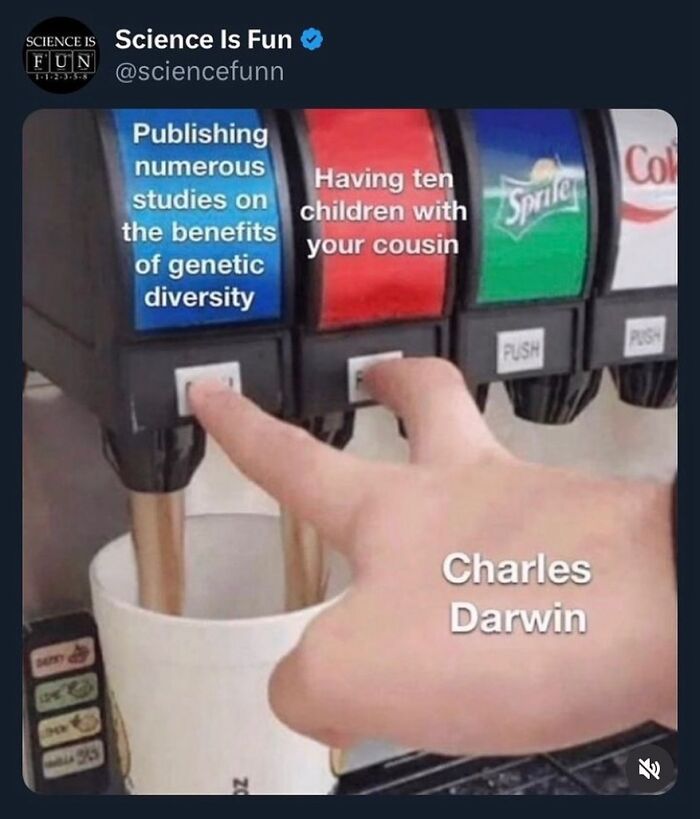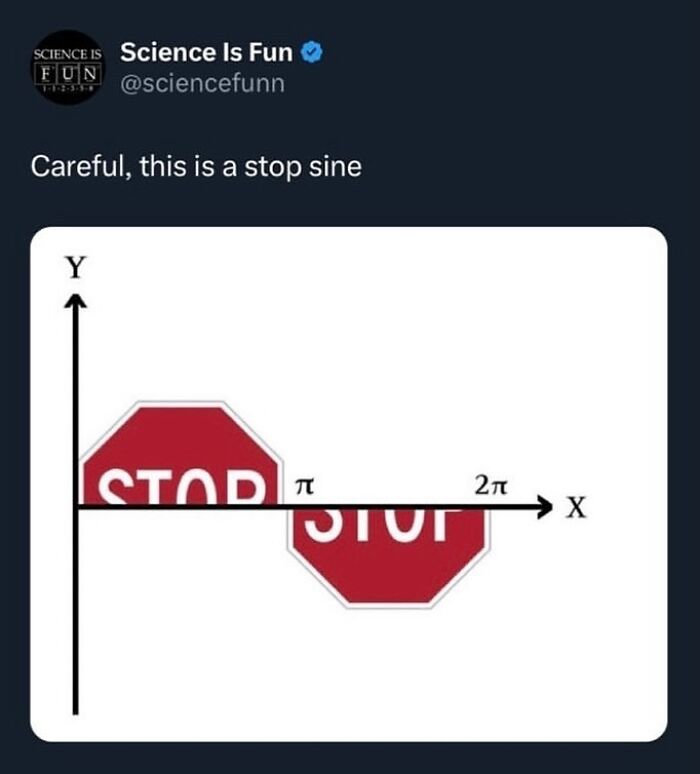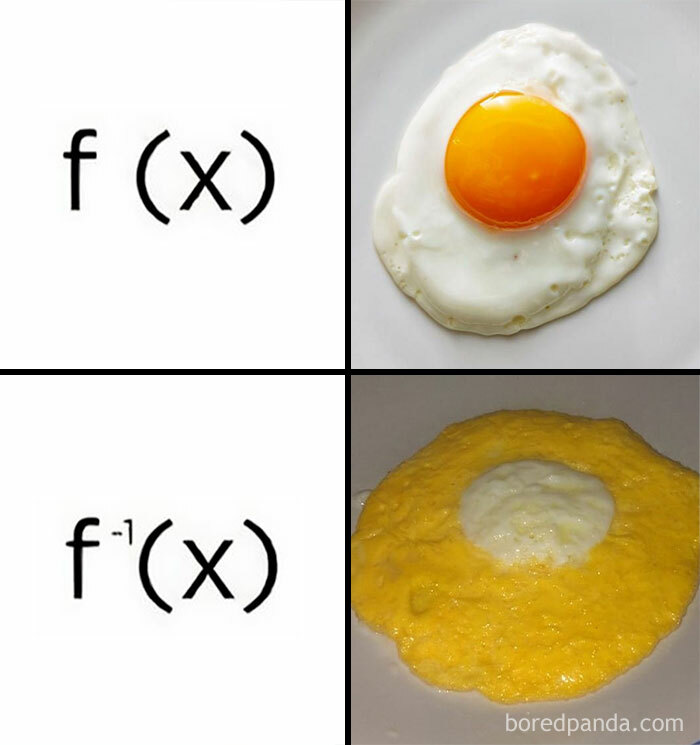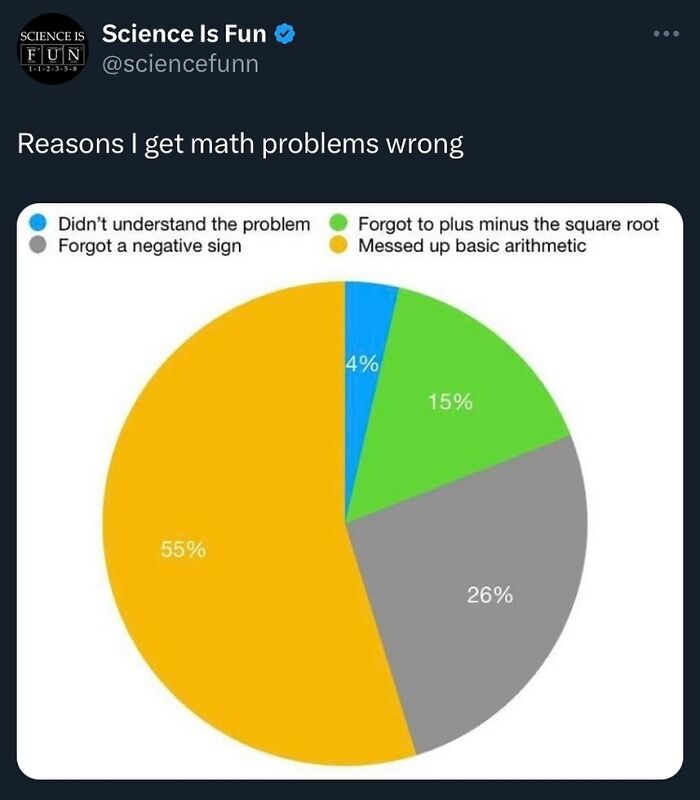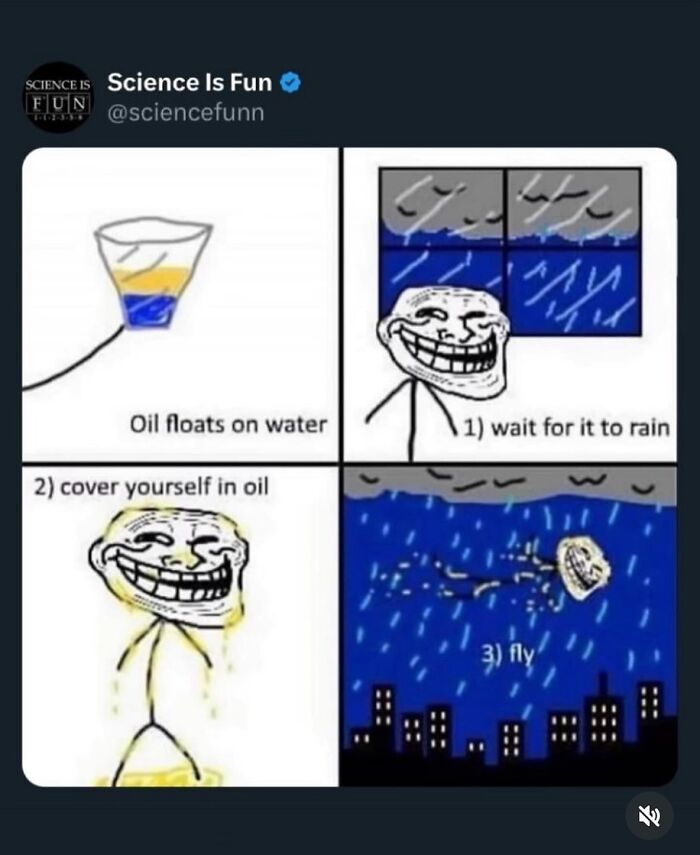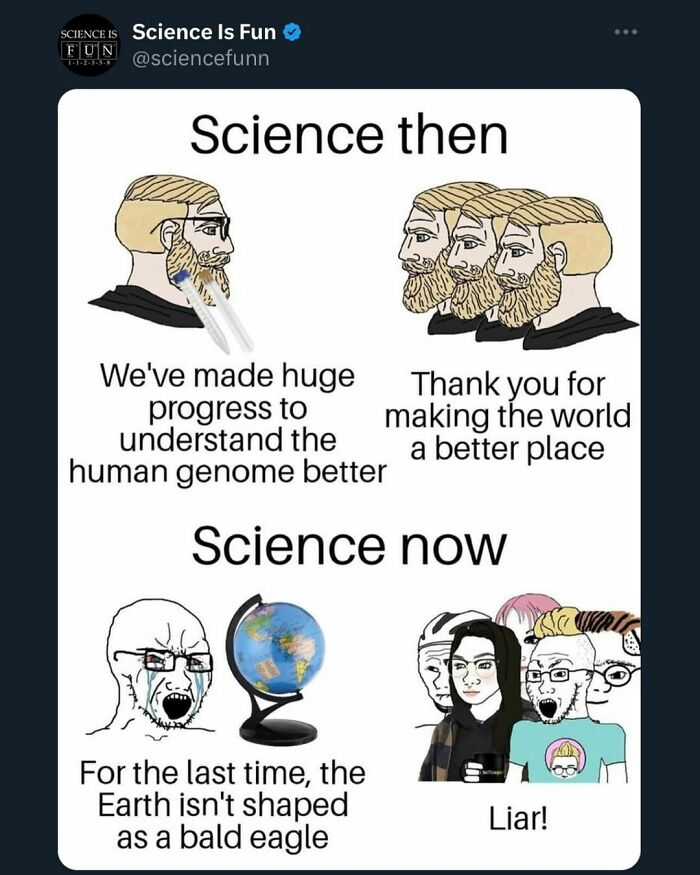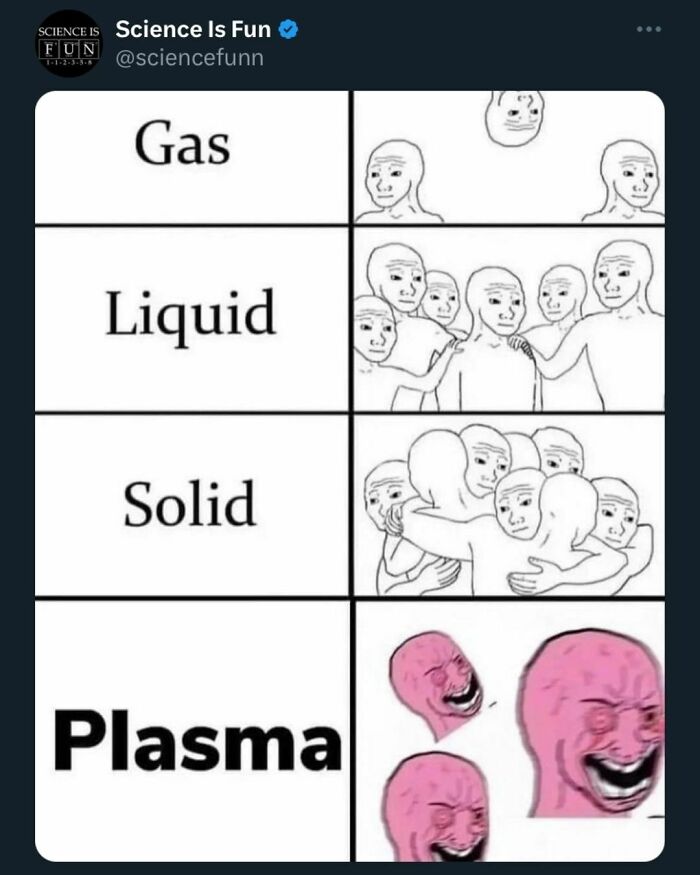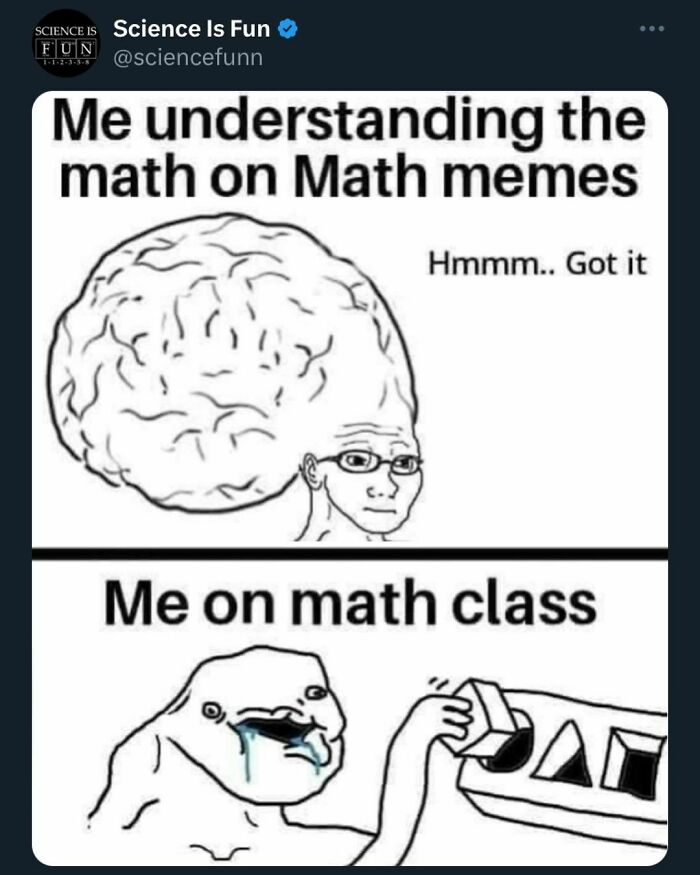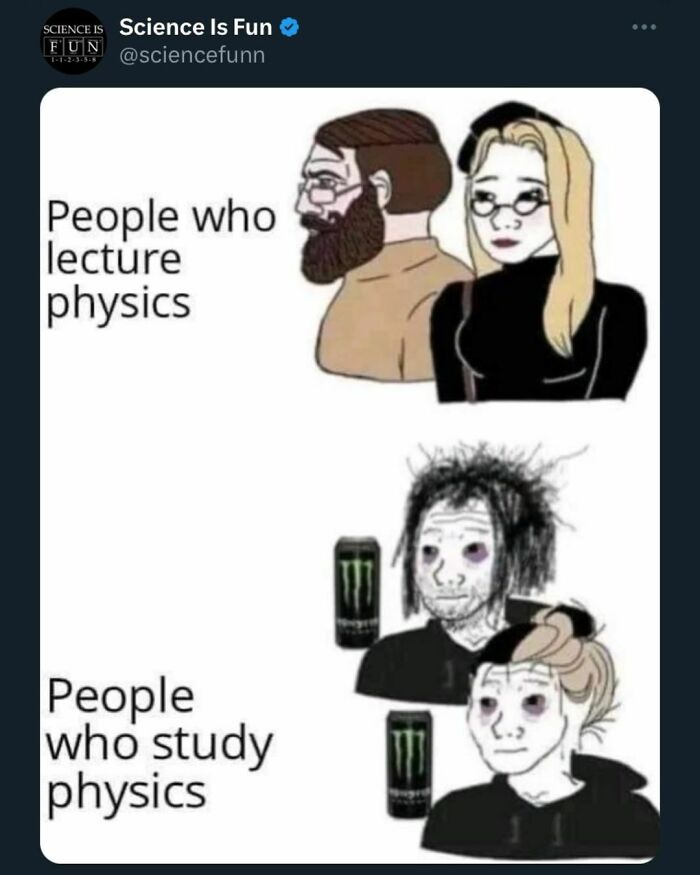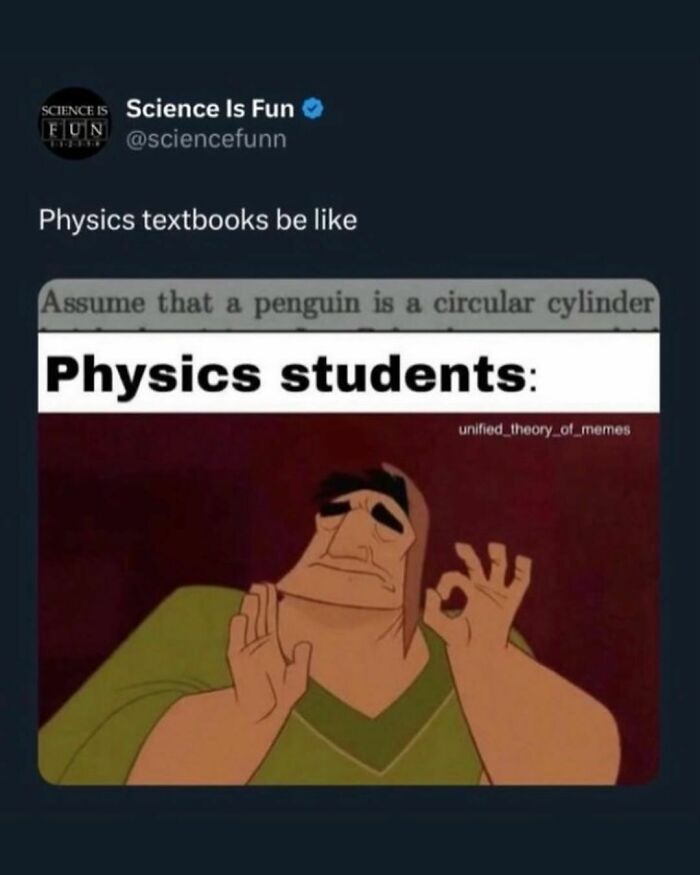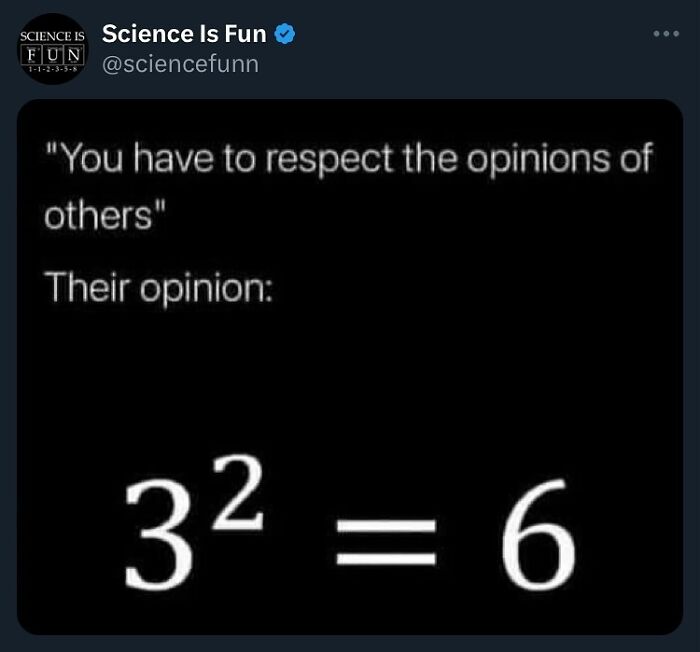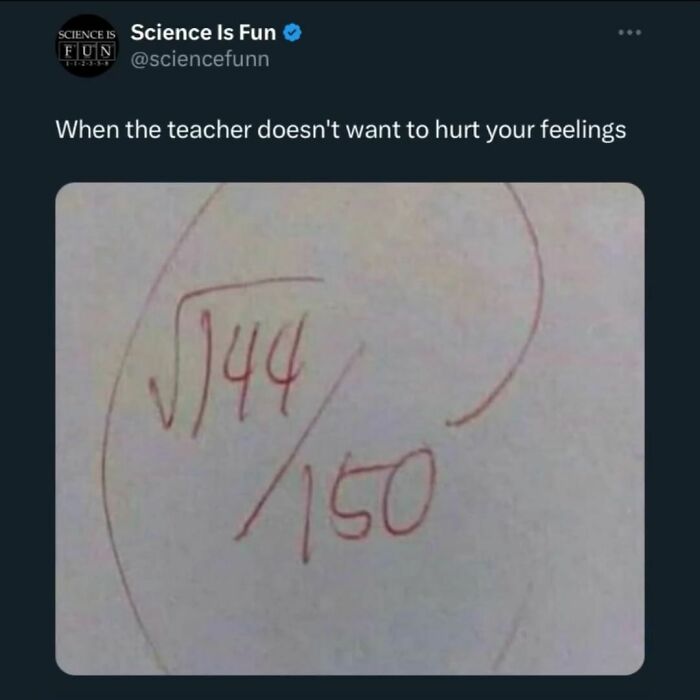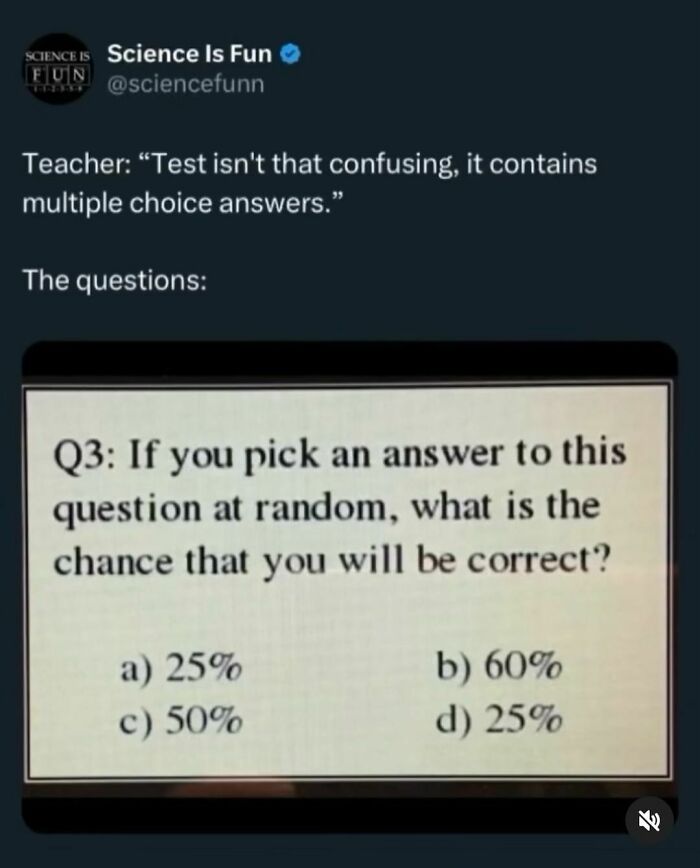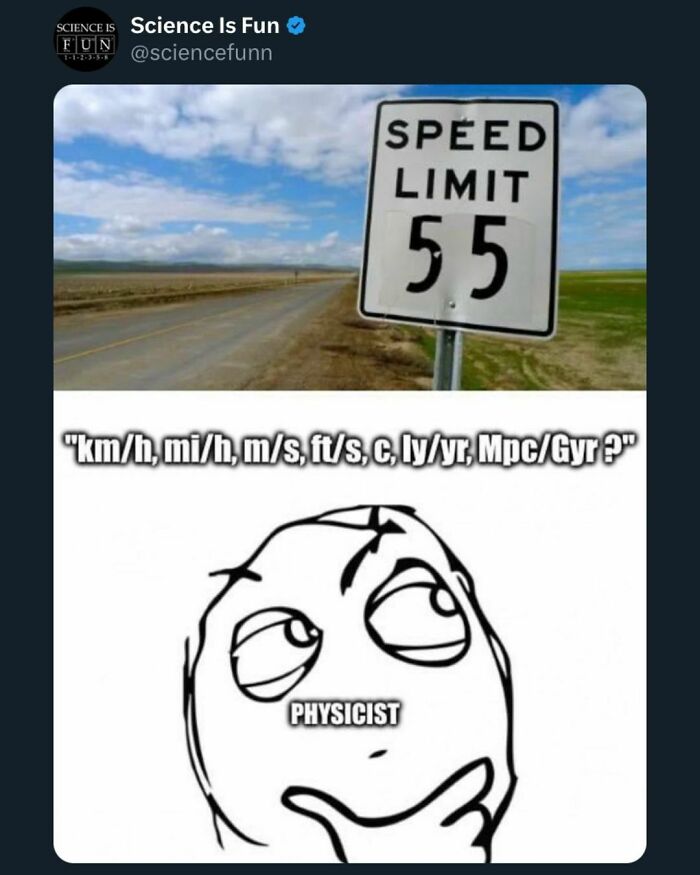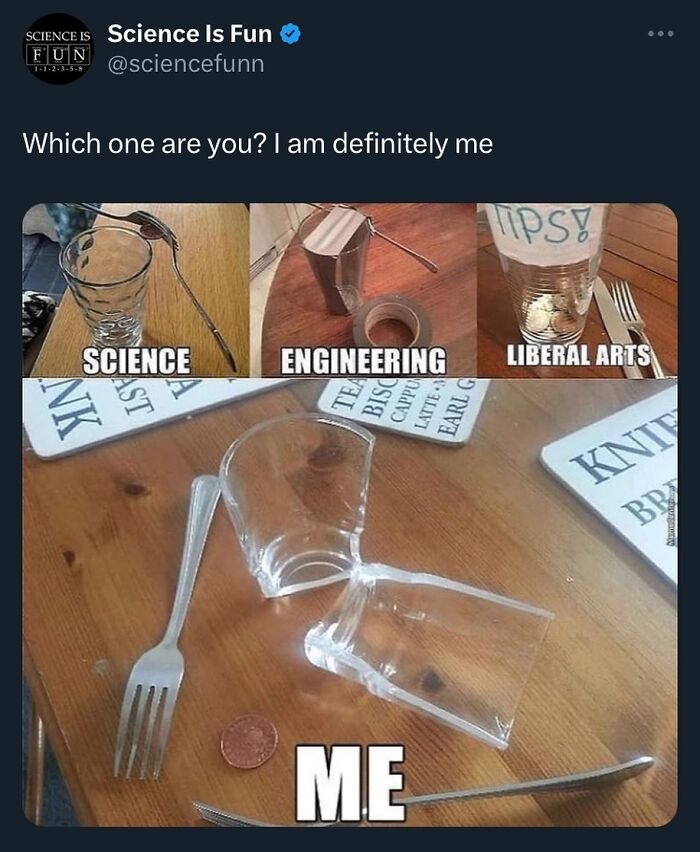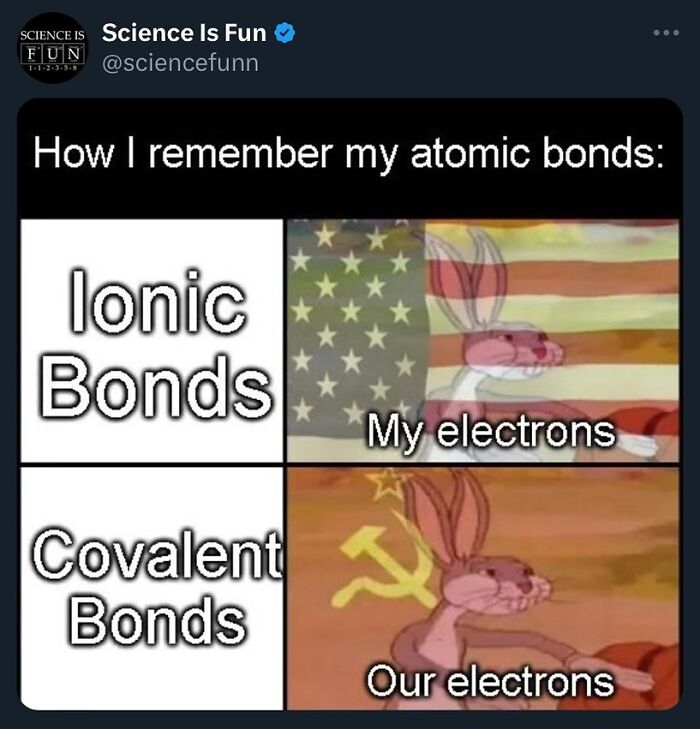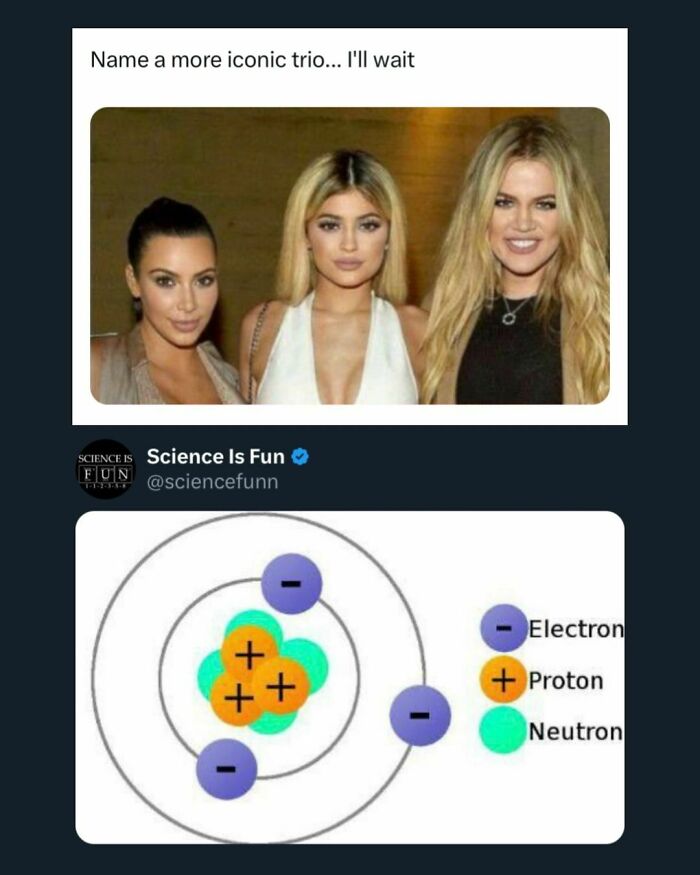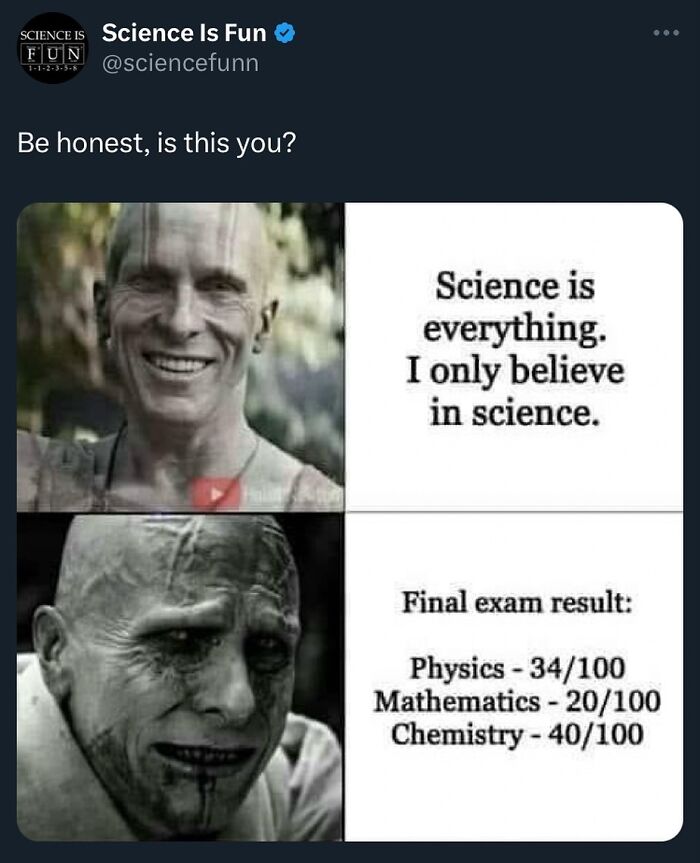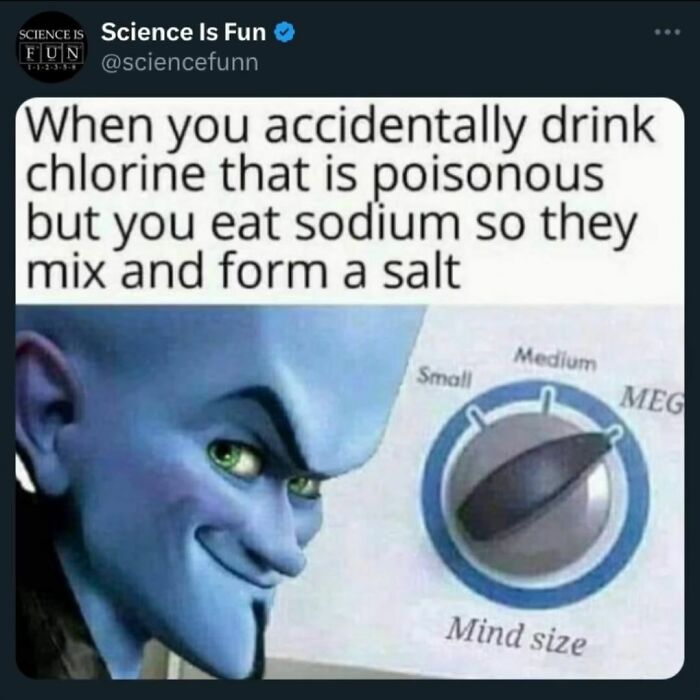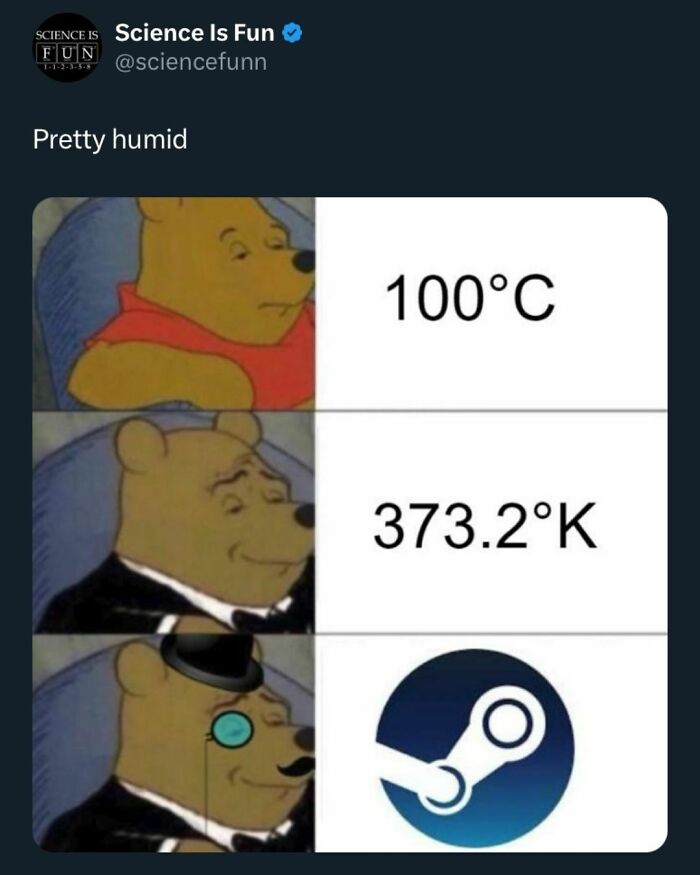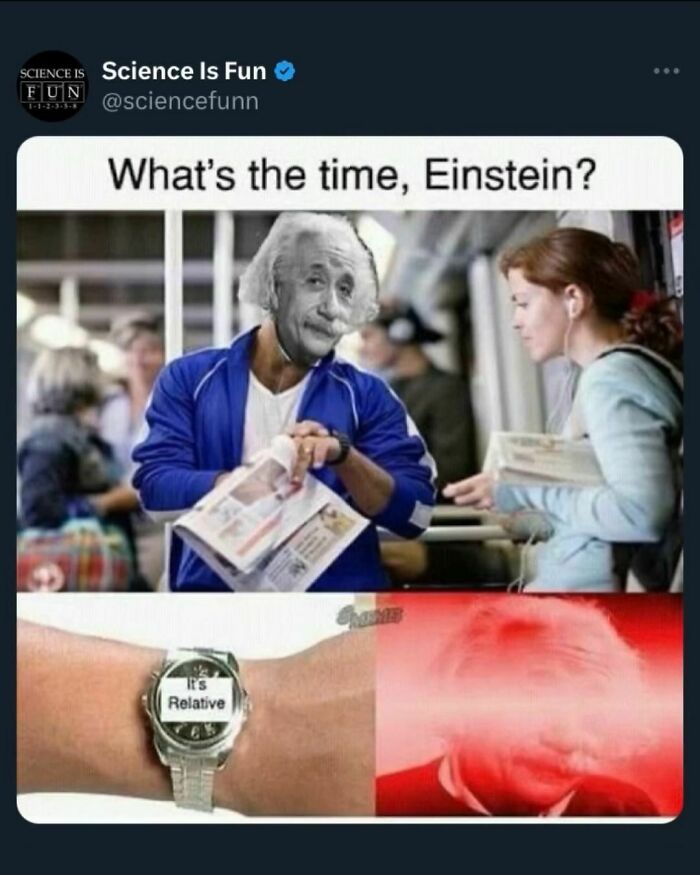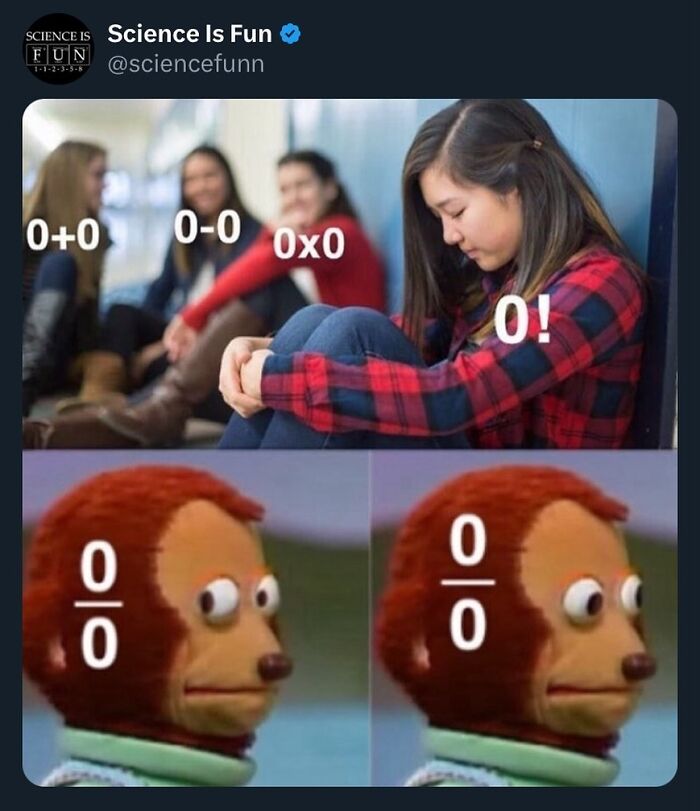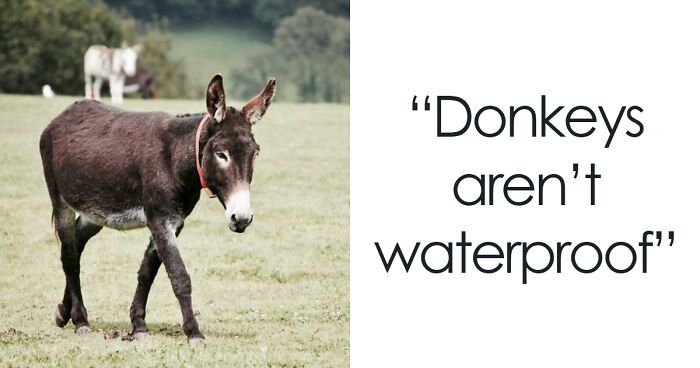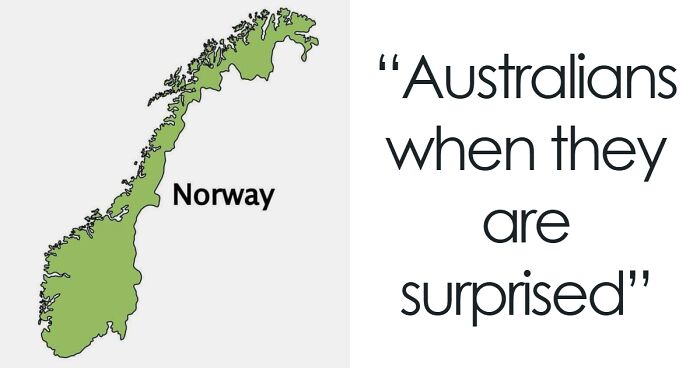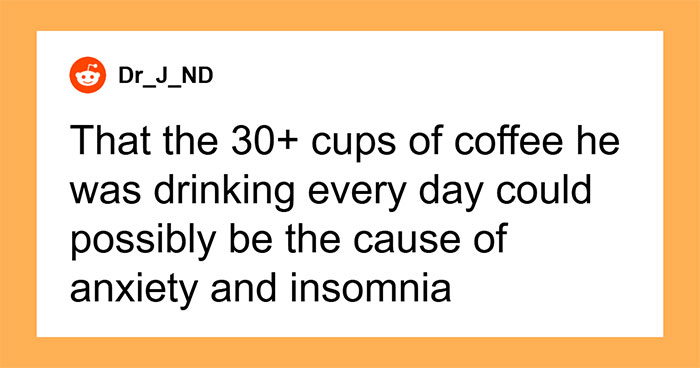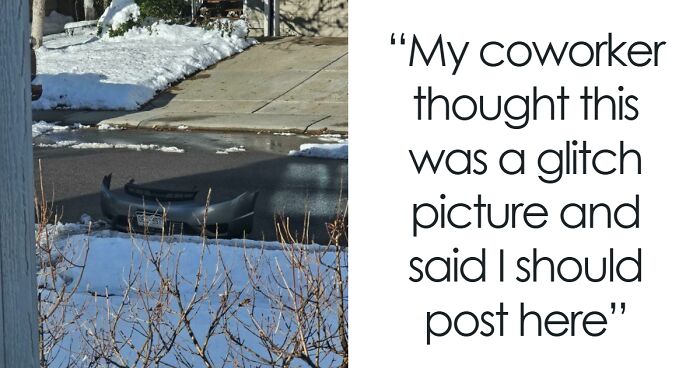The science world is in constant motion. Whether we're talking about sudden breakthroughs or meticulous and consistent efforts with incremental progress, there's always something new to uncover.
So the social media project 'Science is Fun' has set out to show everyone just how engaging these adventures can be. Run by Tomas Rosko, it shares memes that illustrate difficult equations and theories through relatable everyday scenarios.
Even the most abstract concepts can feel surprisingly familiar if you're willing to let them in!
More info: Instagram | X | YouTube
This post may include affiliate links.
Interestingly, you could make a case that as we're seeing an increase in science memes, we see fewer innovative papers.
Yes, there are more scientists than ever, there are more publications than ever, and there's much more funding than ever before.
In fact, federal funding for research and development has grown from $3.5 billion in 1955 to $137.8 billion in 2020, which equates to a more than tenfold increase even after you adjust for inflation.
Makes me wonder if those hieroglyphs also contain feelings and emotions in their meanings
But outside of a few specific areas, like AI and biotechnology, does it really feel like we're in a golden age of science?
Writer Kelsey Piper thinks that we're not. As she pointed out, the early 20th century saw discovery after discovery that radically changed our comprehension of the world we lived in and upended industry: nitrogen fixation (which made it possible to feed billions), the structure of the atom and DNA, rocketry, plate tectonics, radio, computing, antibiotics, general relativity, nuclear chain reactions, quantum mechanics...
There might be more science now, but it feels like the current trends can't compare to the 20th century in terms of discoveries that change the world.
For Mañana Man, who doesn't know how science works: https://www.ces.fau.edu/nasa/introduction/scientific-inquiry/how-do-scientists-collaborate-and-reach-consensus.php#:~:text=Reaching%20consensus%20allows%20scientists%20to,that%20have%20occurred%20over%20time.
One study that looked at patents and papers to measure how much future research was built on a given publication, or how much a given piece of work served to "push science and technology in new directions" supports the idea that there are fewer radical innovations than there used to be.
As researchers from the University of Minnesota and the University of Arizona noted, previous data also indicates there's "declining research productivity in semiconductors, pharmaceuticals, and other fields. Papers, patents, and even grant applications have become less novel relative to prior work and less likely to connect disparate areas of knowledge, both of which are precursors of innovation. The gap between the year of discovery and the awarding of a Nobel Prize has also increased, suggesting that today's contributions do not measure up to the past."
The moon landing WAS faked. NASA filmed it. However, they hired Stanley Kubrick to do the filming, and he was such a perfectionist that he insisted on shooting on location.
The authors of the study analyzed 25 million papers (1945–2010) and 3.9 million patents (1976–2010) according to a new metric, the so-called "CD index," which determines whether papers are mostly "consolidating" (or building on) knowledge in the field, or whether they’re “disrupting” the field and pointing toward new, fresh avenues of research.
The idea is that if a paper builds on previous work, citations of that paper will generally also cite previous work, but if a paper blazes a new research direction, then citations of that paper are less likely to cite previous work. The lower the CD score, the less disruptive the research.
For example, the 1953 paper on the structure of DNA by James Watson and Francis Crick scores very high as "disrupting" on the CD index — it proposed a new view of DNA, and papers citing it didn't bother citing the old, wrong models of DNA that it corrected.
I don't have a favorite line from this because literally every single sentence is pure gold lmfao
If this were actual, how would the ocean refill after draining constantly over its “edge?”
If the Earth was flat, wouldn't all the Chinese have fallen off by now?
New Zealand already has, that’s why it’s no longer on the map
Load More Replies...The Flat Earth Society once bragged that it had members around the globe.
If Earth was flat, the cats would have knocked everything off it by now.
Cat people (including all you Childless Cat Ladies) let me know if you disagree with this: if the world was flat, cats would be knocking things off the edge all day, every day.
The Earth is flat, but it's like one of those Looney Tunes where the Road Runner just runs around to the underside of the cliff, and Wile E. Coyote goes sailing off the edge into the chasm.
The researchers suspected that "disrupting" papers, ones that change the field and point in new research directions, are on the decline. And that was exactly what they found.
In the "social sciences," "the average CD5 dropped from 0.52 in 1945 to 0.04 in 2010."
In "physical sciences," "the average CD5 decreased from 0.36 in 1945 to 0 in 2010."
For "drugs and medical" patents, "the average CD5 decreased from 0.38 in 1980 to 0.03 in 2010."
And for "computer and communications" patents, "the average CD5 decreased from 0.30 in 1980 to 0.06 in 2010."
They can run as fast as a bald Tom Cruise driving a Ford Focus being pulled backwards by three large llamas wearing aprons
So why aren't scientists discovering new things? Have we already discovered all the transformative and crucial things?
Not necessarily. Piper, for example, believes that it's possible the slowdown is not an inevitable natural law, but a result of policy choices.
"The way we hand out scientific grants is flawed," she explained. "Despite the record level of funding, we know that visionaries with transformative ideas — like Katalin Karikó, who did crucial early work to invent mRNA vaccines — struggled for years to get grant money. And getting money requires jumping through a growing number of hoops — many leading scientists now spend 50 percent of their time writing grant proposals so they can spend the other 50 percent ... doing science."
Haha! But infinite possibilities doesn't mean anything can happen. There are an infinite number of rational numbers between zero and one, but none of them are two!
Nowadays, scientists have to publish to keep their jobs. "Saying that the science slowdown is inevitable because our predecessors already grabbed all the good ideas might blind us to the possibility that science is slowing down because we're actively mismanaging it, directing researchers away from the best uses of their time and the most crucial research and toward small incremental papers that keep funders — and tenure review committees — happy," Piper added.
Disruptive papers often correlate with innovations that increase productivity, improve quality of life, raise wages, and save lives. Some have even speculated that the drop in productivity and wages in the US is driven by the slowing of scientific innovation. Not to mention there's less content for memes!
If you want to see more, check out Bored Panda's earlier article on 'Science is Fun.'
OMG, whenever I do this I calculate in my head how many steps I'm saving.
Haven't seen these in a while! keep em coming! and I have one: why is it iron man...and not fe male?
This improved my outlook on the human race immeasurably. Use a banana for scale
Haven't seen these in a while! keep em coming! and I have one: why is it iron man...and not fe male?
This improved my outlook on the human race immeasurably. Use a banana for scale

 Dark Mode
Dark Mode 

 No fees, cancel anytime
No fees, cancel anytime 


